Communication Modules – Seamless Data Exchange for Industrial Automation Systems
A communication module in a PLC (Programmable Logic Controller) system serves as the interface between the PLC and external devices, networks, or systems, enabling data exchange and communication.
These modules facilitate seamless integration of the PLC into larger automation systems, allowing for real-time monitoring, control, and data exchange with other devices or systems.
Key features and benefits of communication modules in PLC systems include
Protocol Support
Communication modules support various communication protocols, such as Ethernet/IP, Modbus TCP/IP, Profinet, DeviceNet, Profibus, and many others, ensuring compatibility with different devices and systems.
Network Connectivity
Communication modules provide network connectivity options, including Ethernet, serial communication (RS-232, RS-485), and wireless communication (Wi-Fi, Bluetooth), enabling communication with devices or systems located remotely or in different locations.
Data Exchange
Communication modules enable bidirectional data exchange between the PLC and external devices or systems, allowing for the transfer of control signals, process data, alarms, and status information in real-time.
Integration Flexibility
Communication modules support integration with a wide range of devices and systems, including HMI (Human-Machine Interface) panels, SCADA (Supervisory Control and Data Acquisition) systems, MES (Manufacturing Execution Systems), ERP (Enterprise Resource Planning) systems, databases, and more.
Data Security
Advanced communication modules incorporate security features, such as encryption, authentication, and firewall capabilities, to ensure the confidentiality, integrity, and availability of data exchanged between the PLC and external devices or systems.
Remote Access and Monitoring
Communication modules may include remote access and monitoring capabilities, allowing operators or maintenance personnel to remotely monitor, configure, and troubleshoot PLC systems from any location with internet access.
Redundancy and Reliability
Some communication modules offer redundancy features, such as dual network ports or hot-swappable modules, to enhance system reliability and uptime by providing backup communication paths or components.
Communication modules play a crucial role in PLC systems by enabling seamless communication and integration with external devices, networks, and systems. With their protocol support, network connectivity options, data exchange capabilities, and security features, these modules contribute to the efficiency, reliability, and scalability of industrial automation systems across various industries.
 admin@shawa.in
admin@shawa.in  +91-9870100205
+91-9870100205 +91-9654048068
+91-9654048068


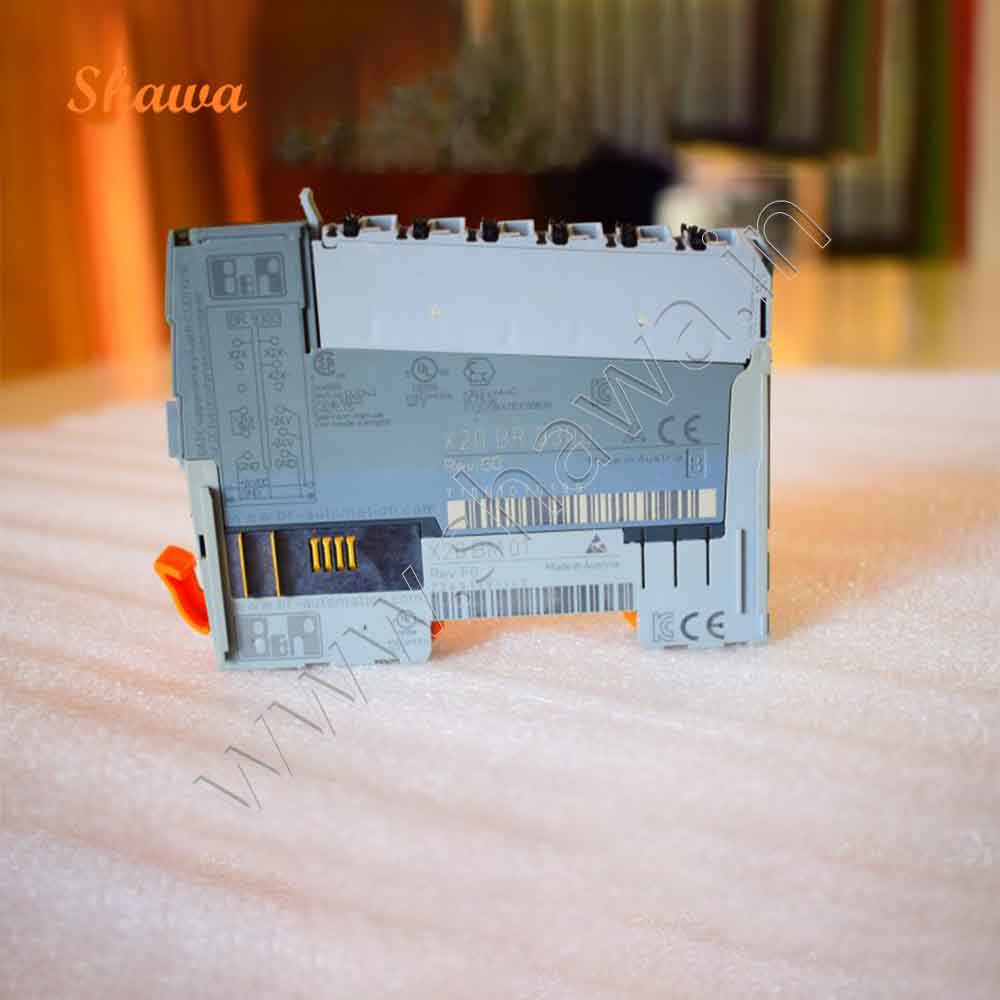
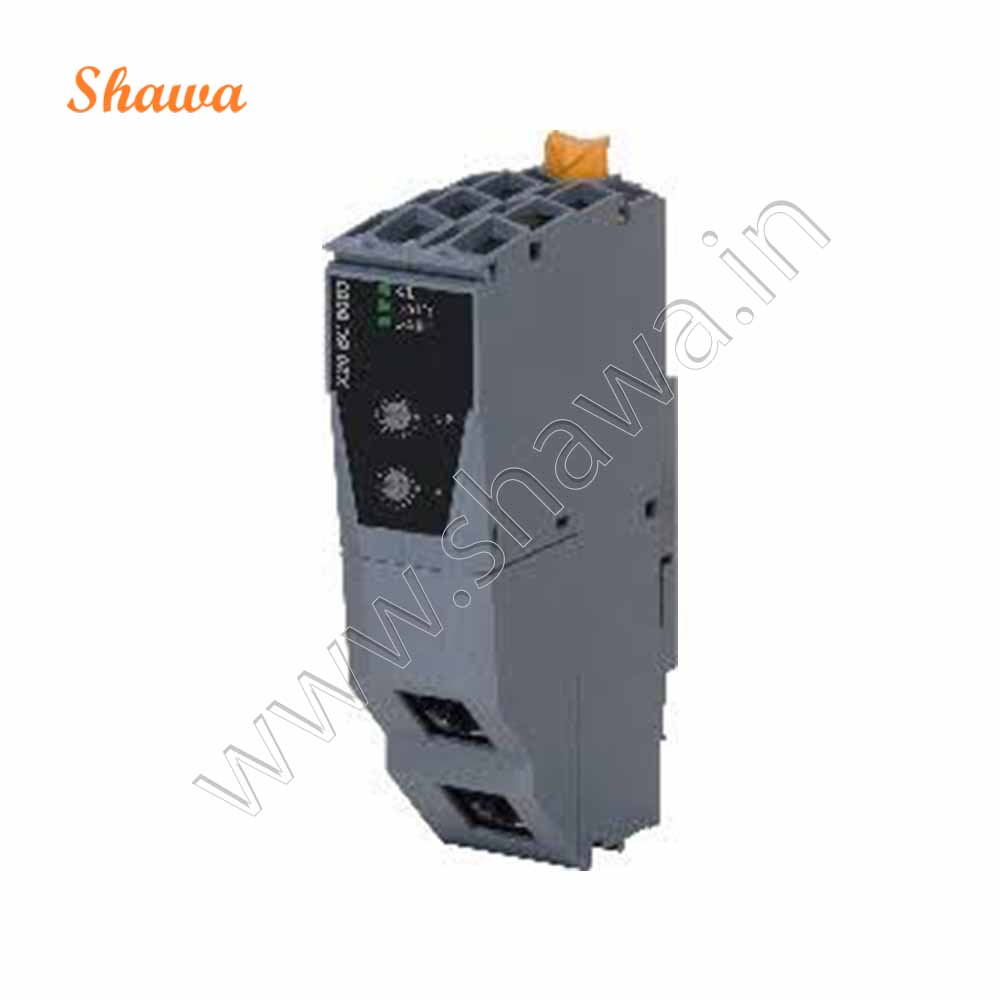
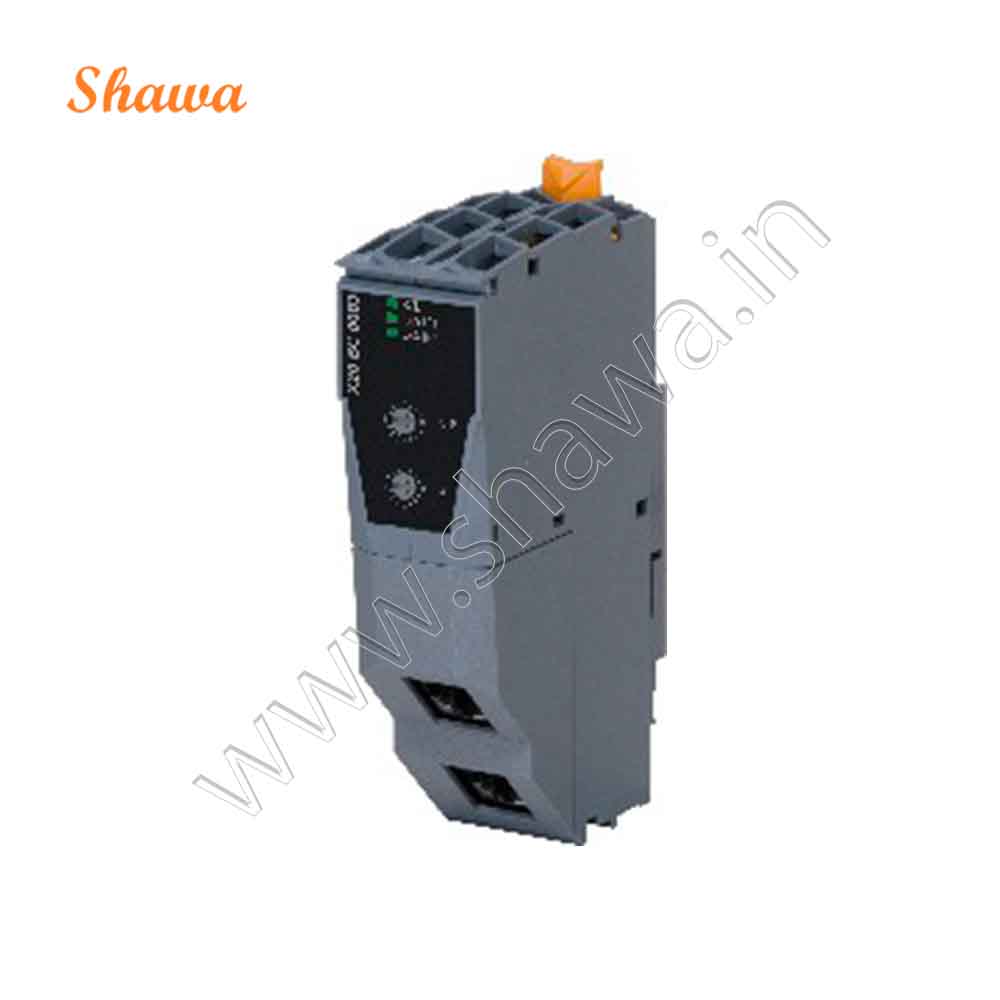
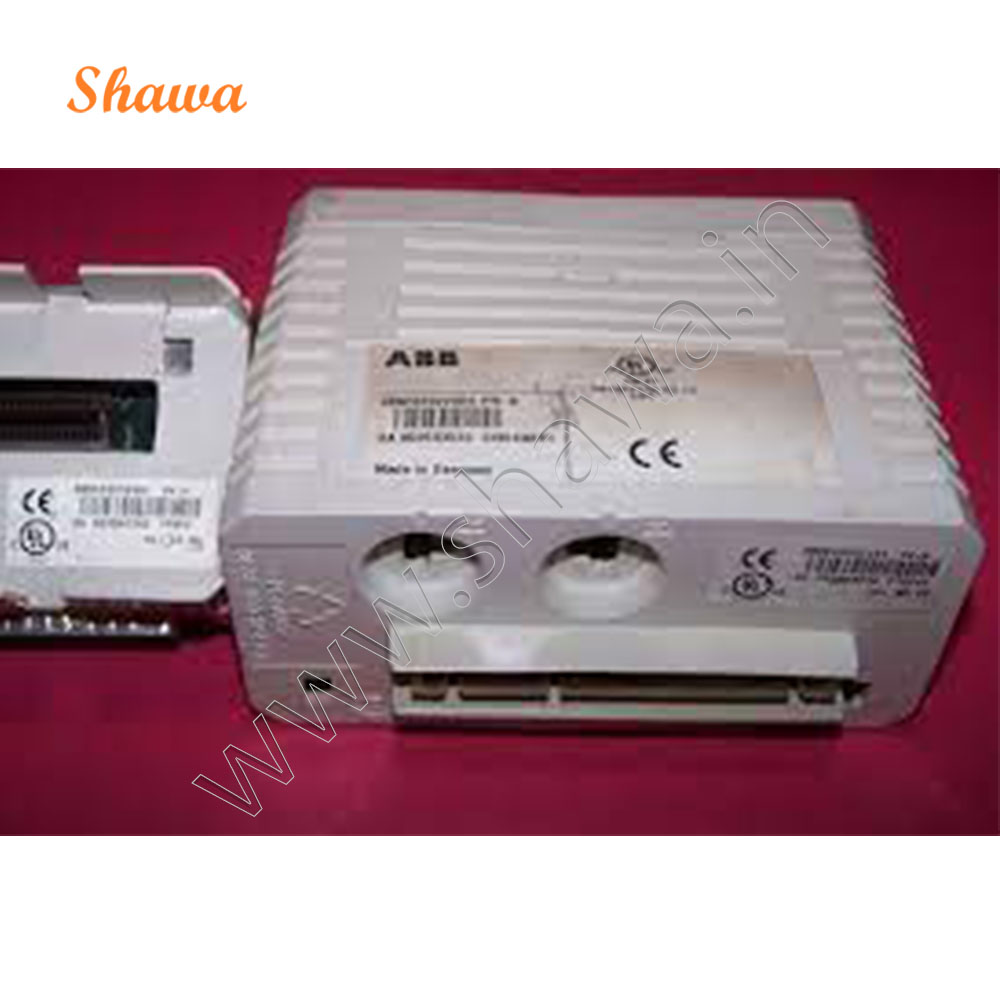
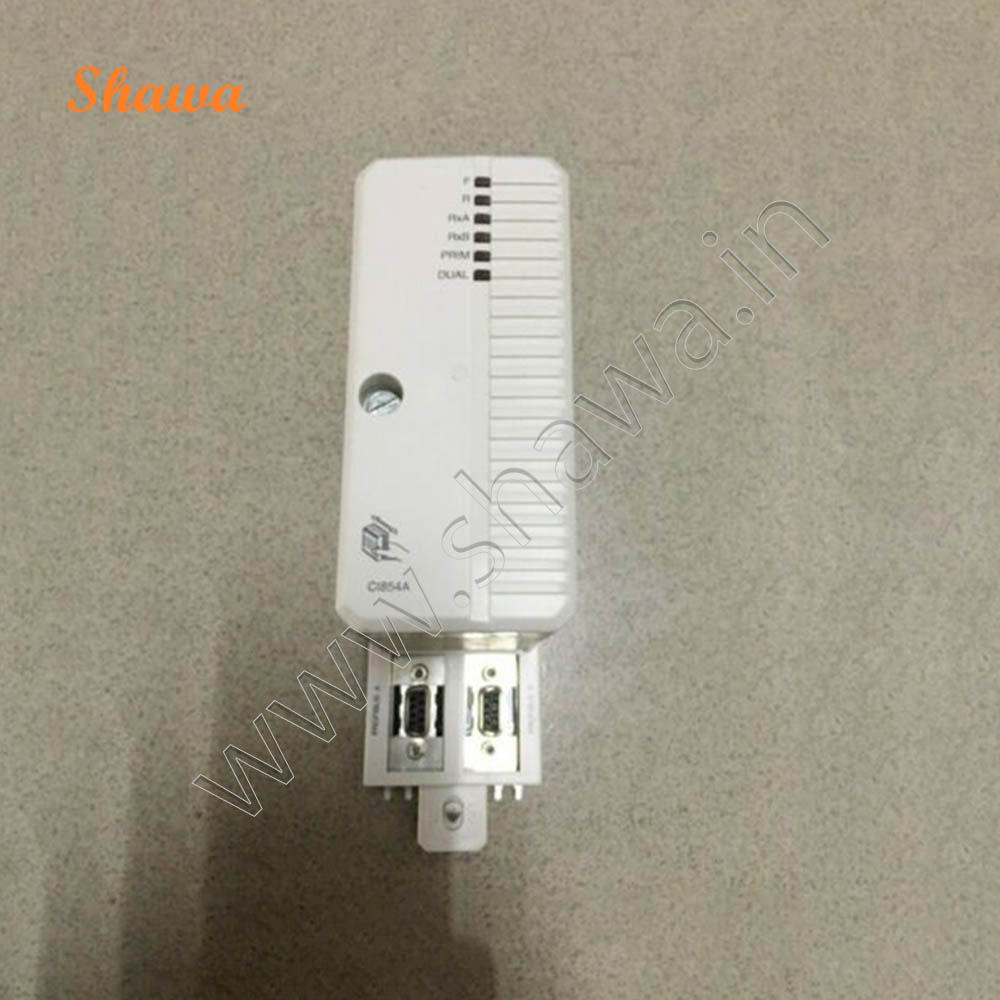
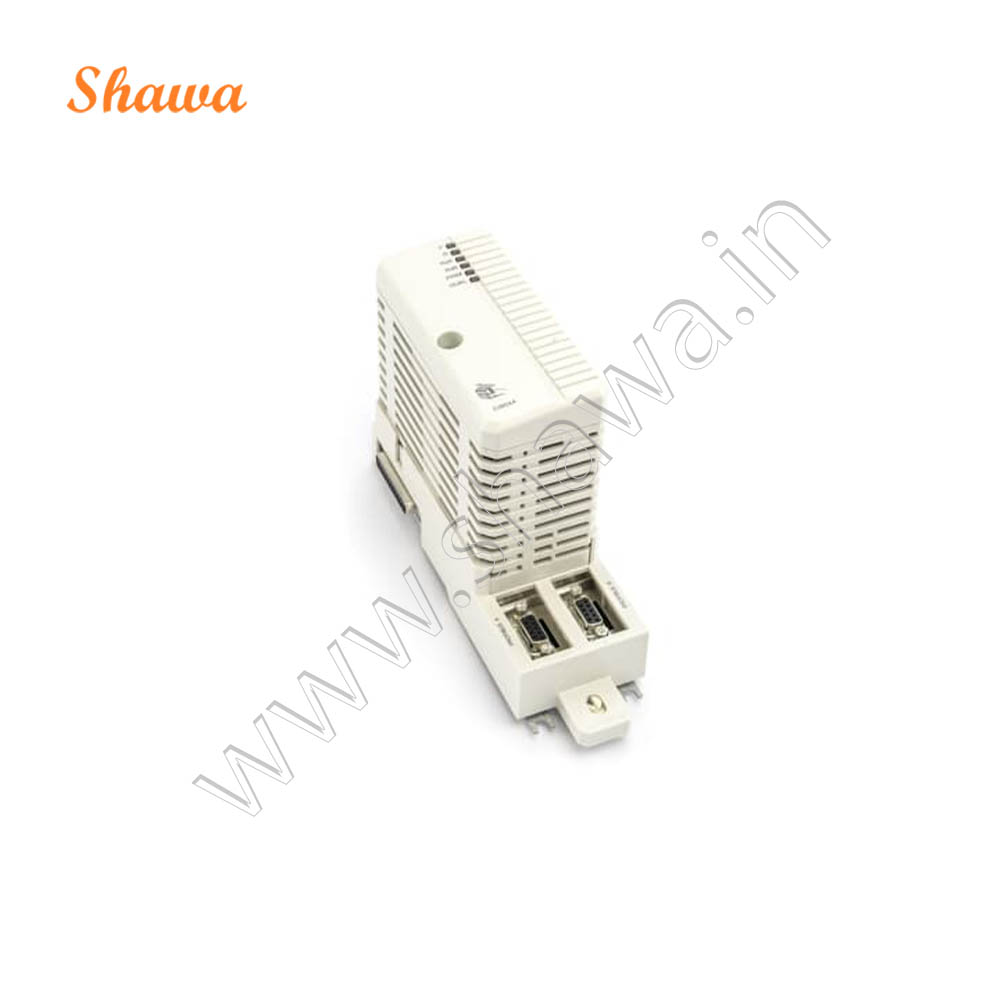
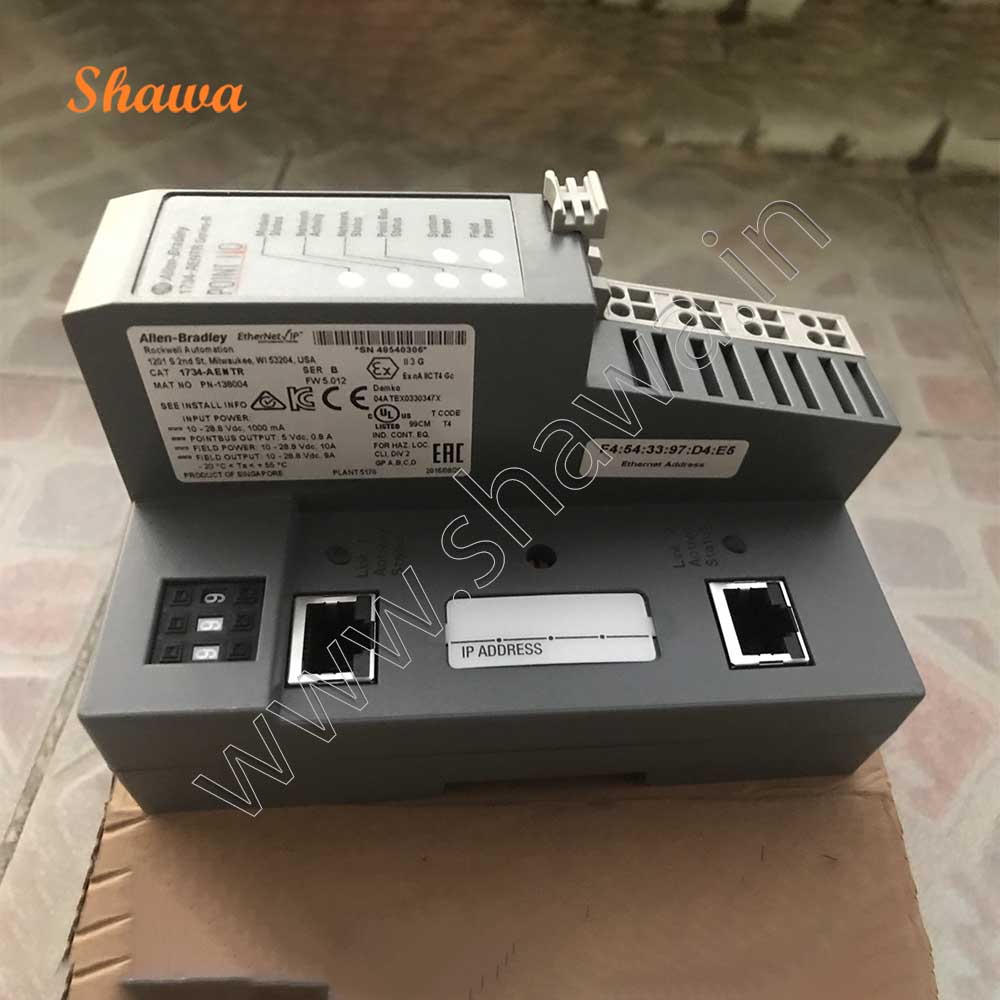
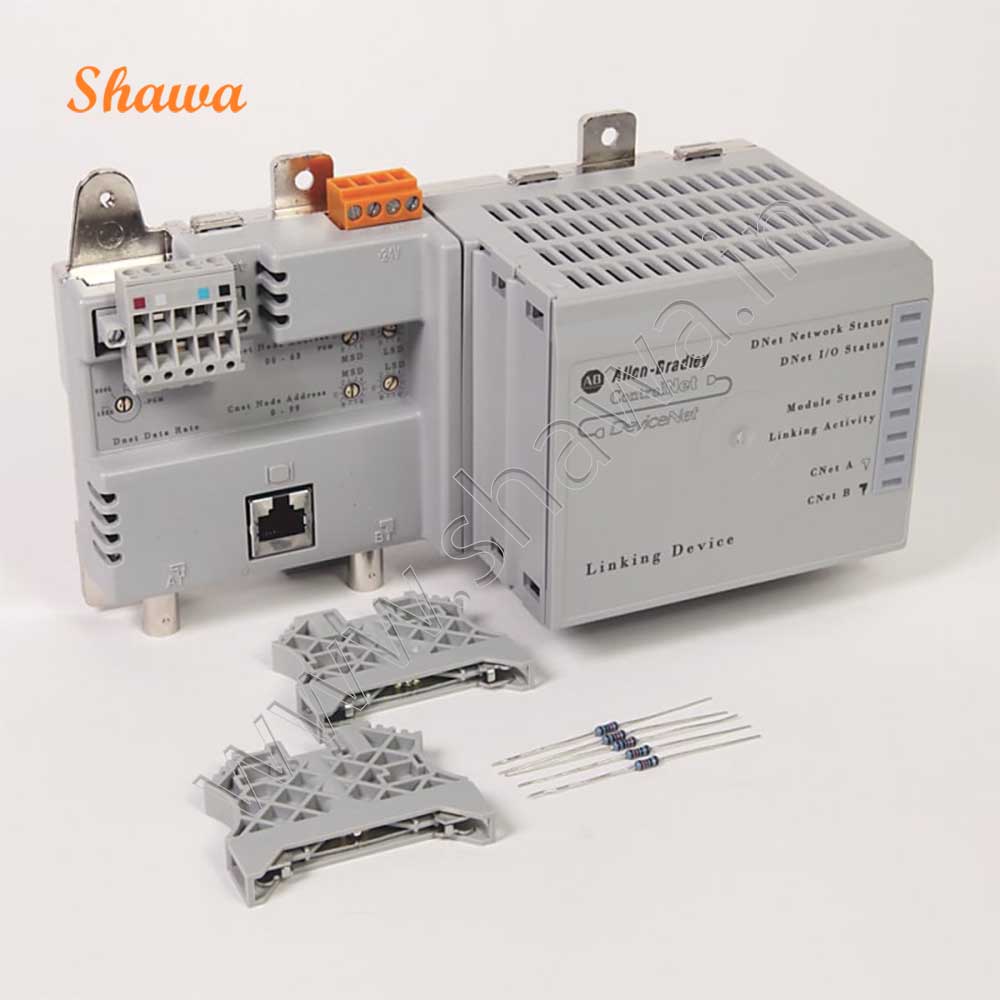
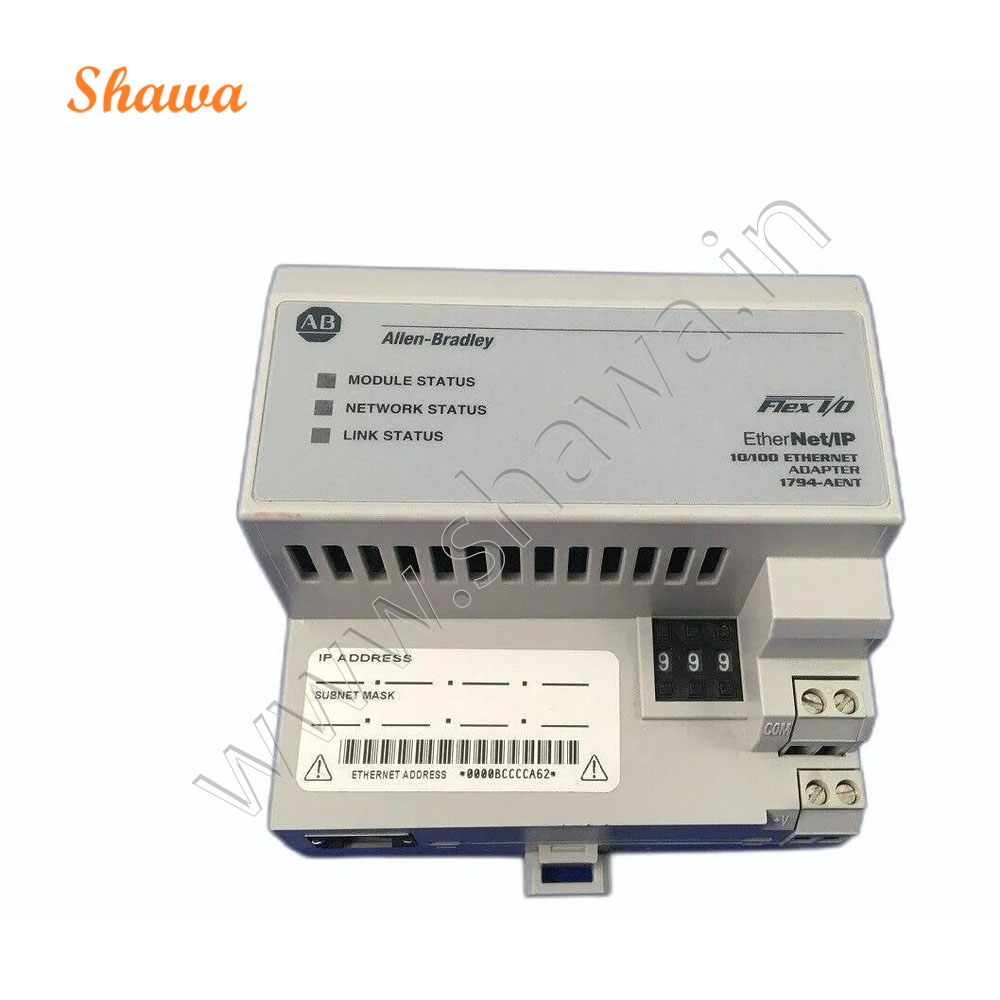
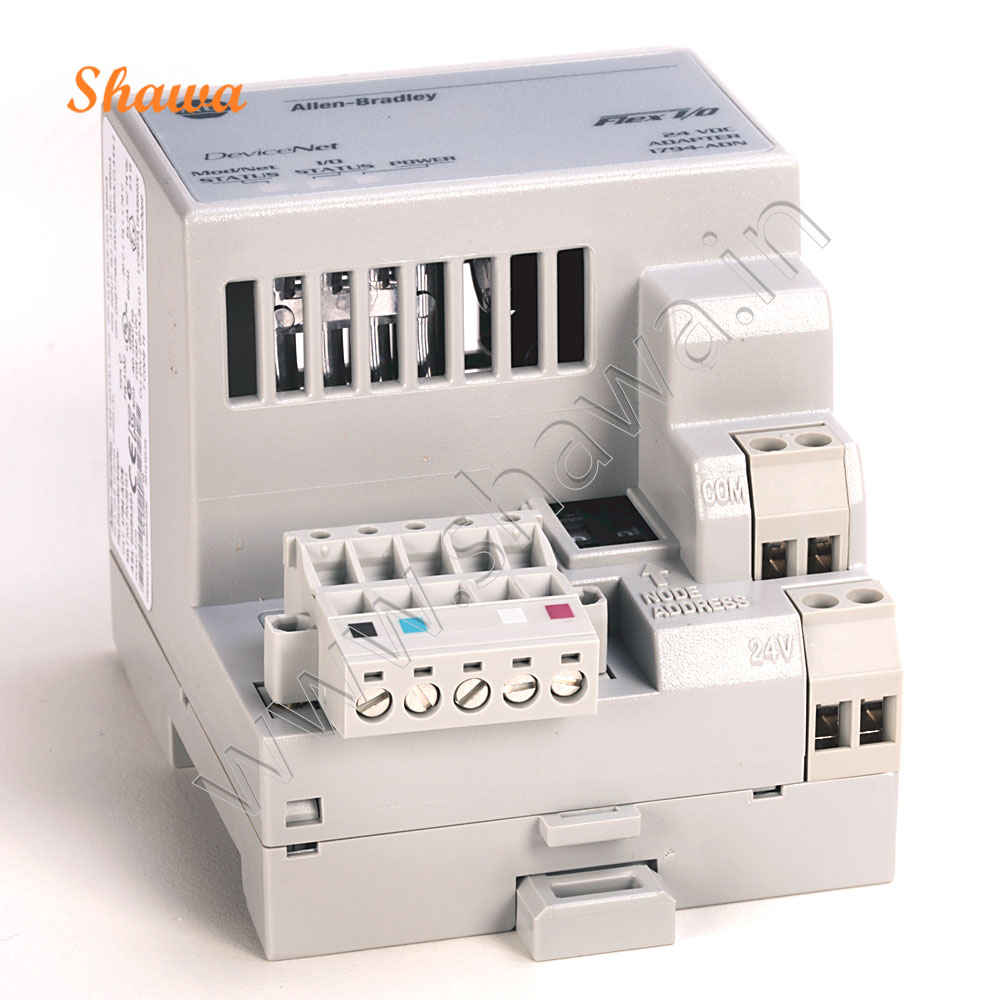
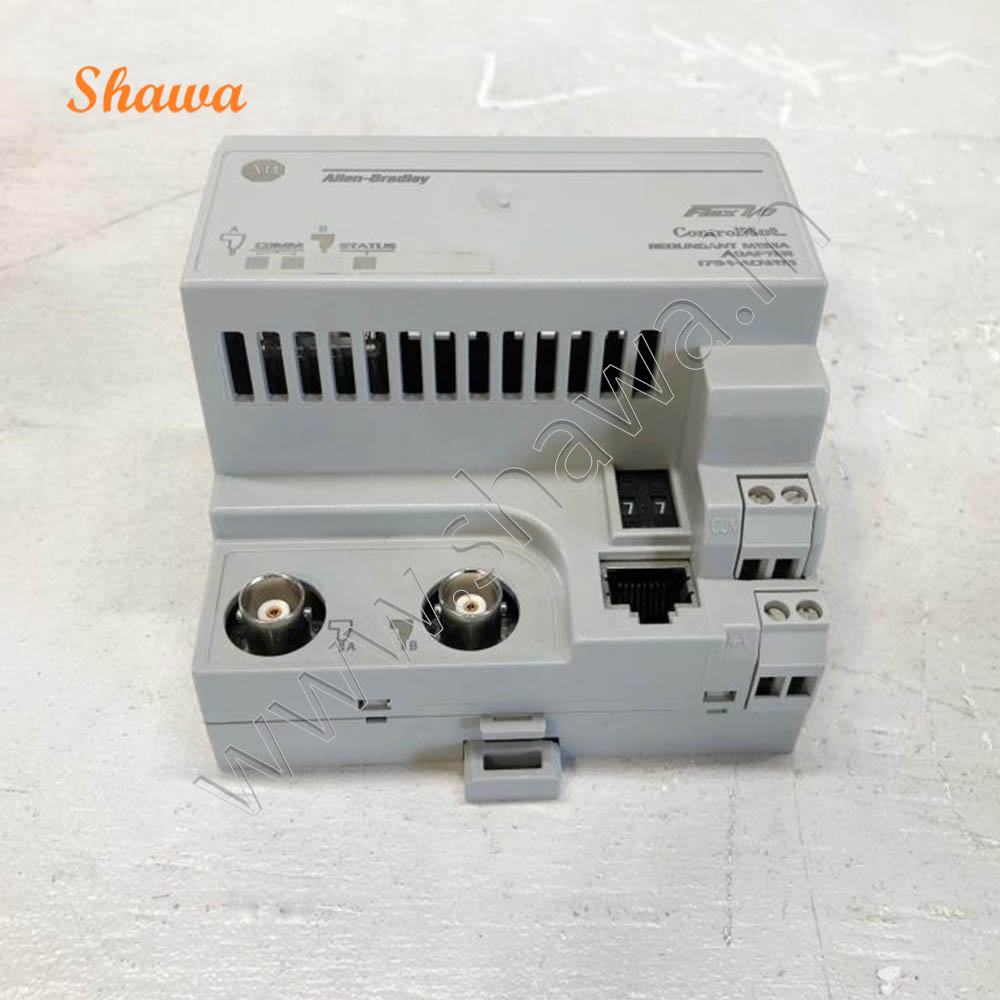
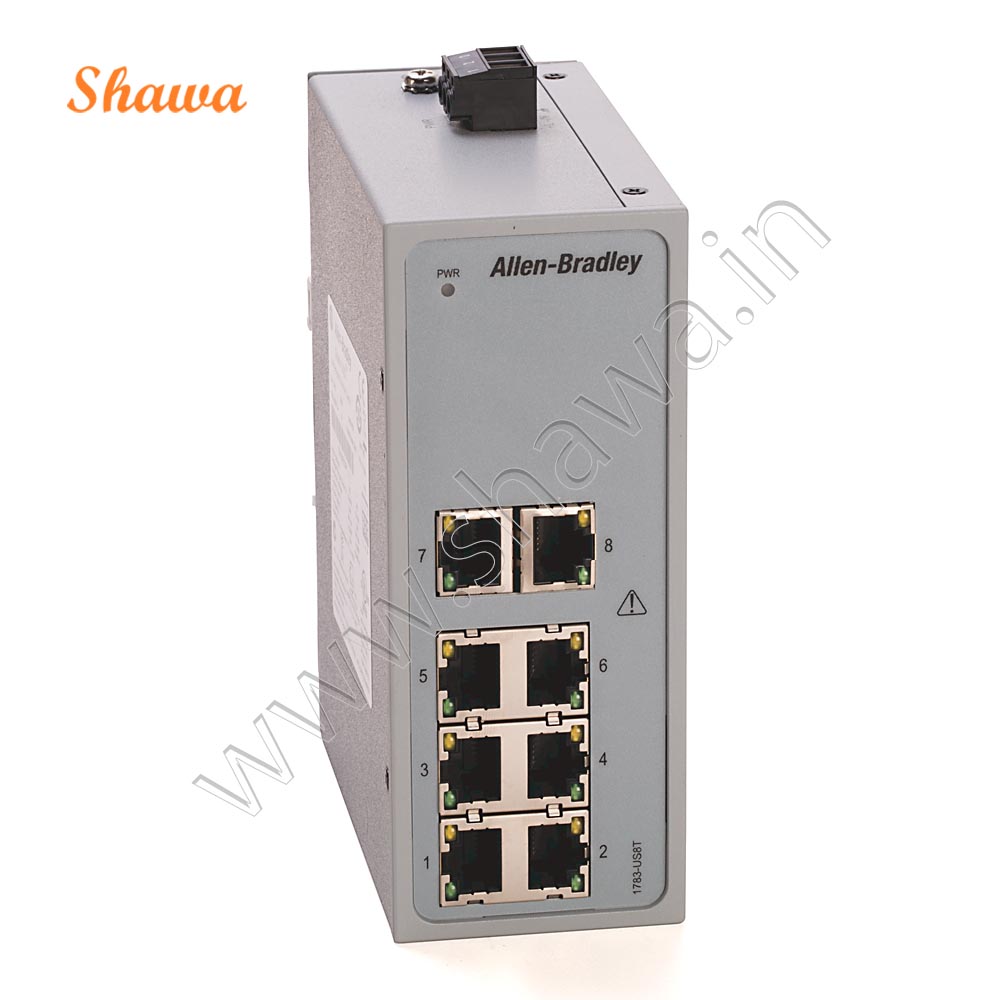
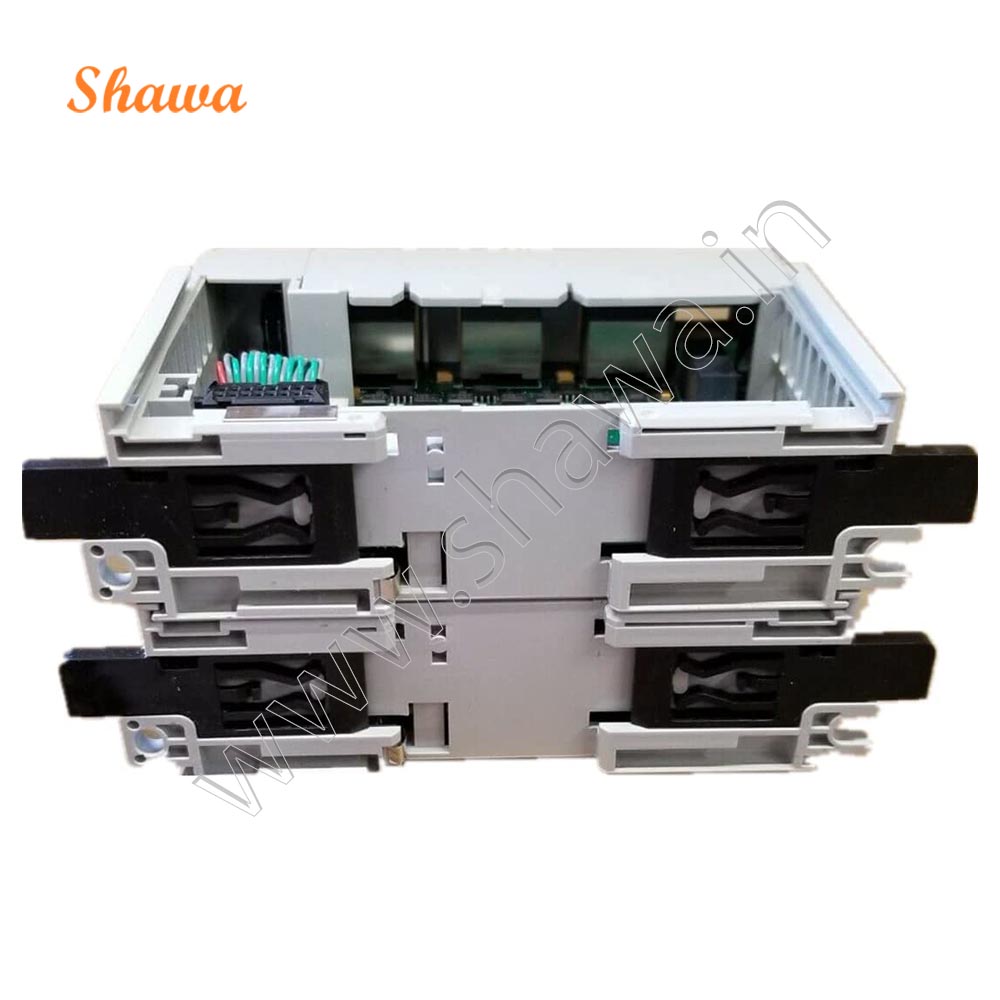
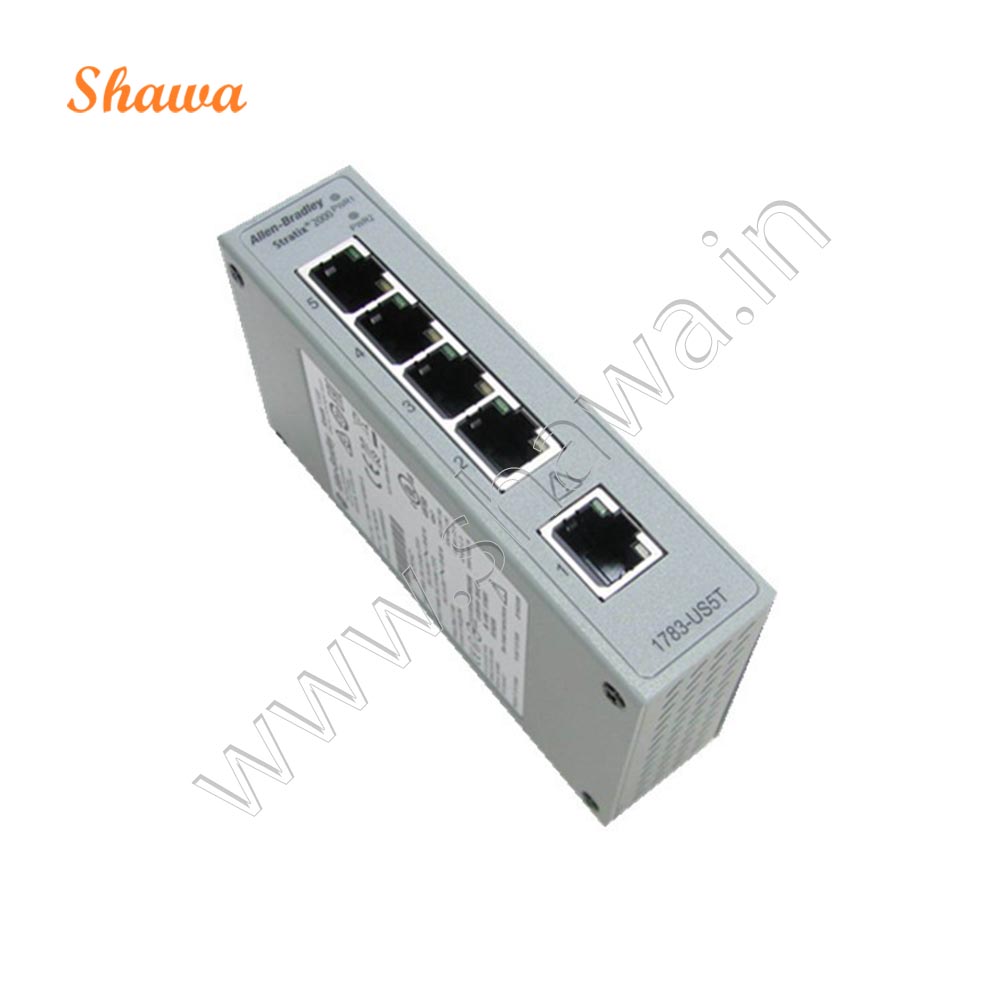
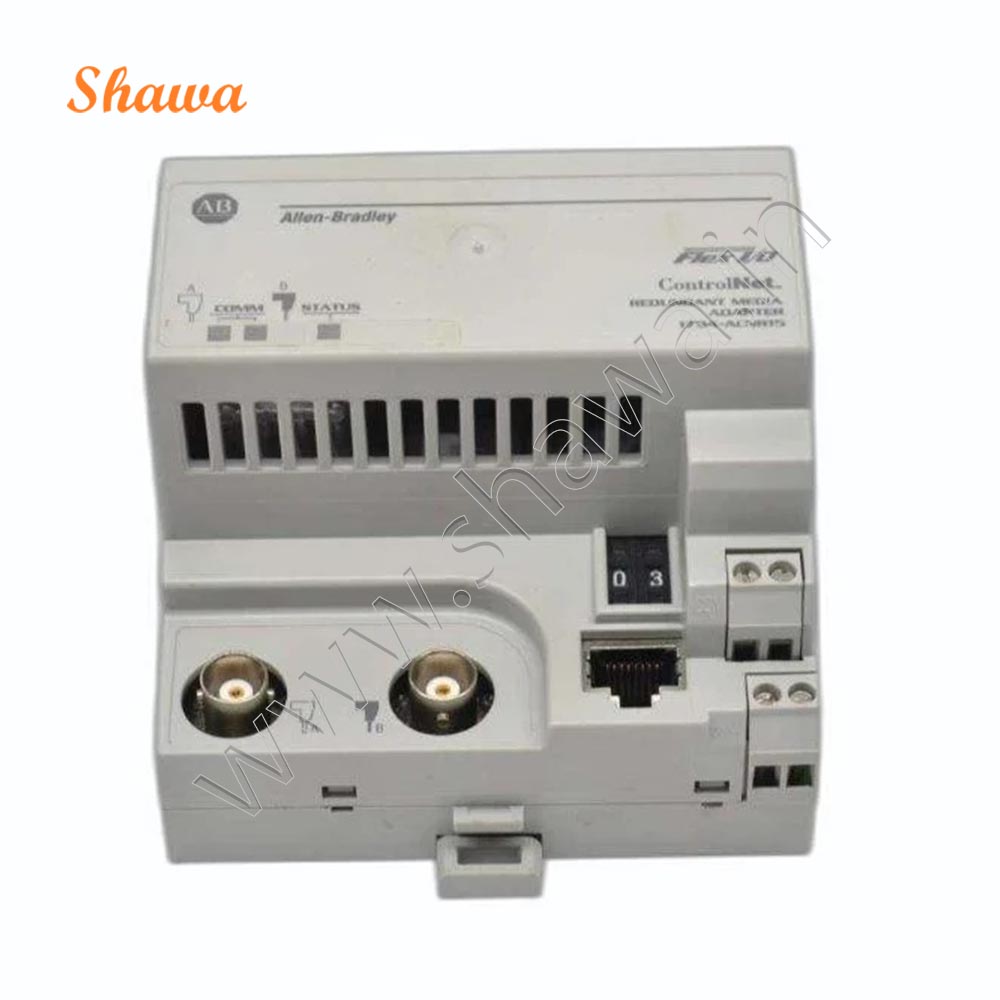
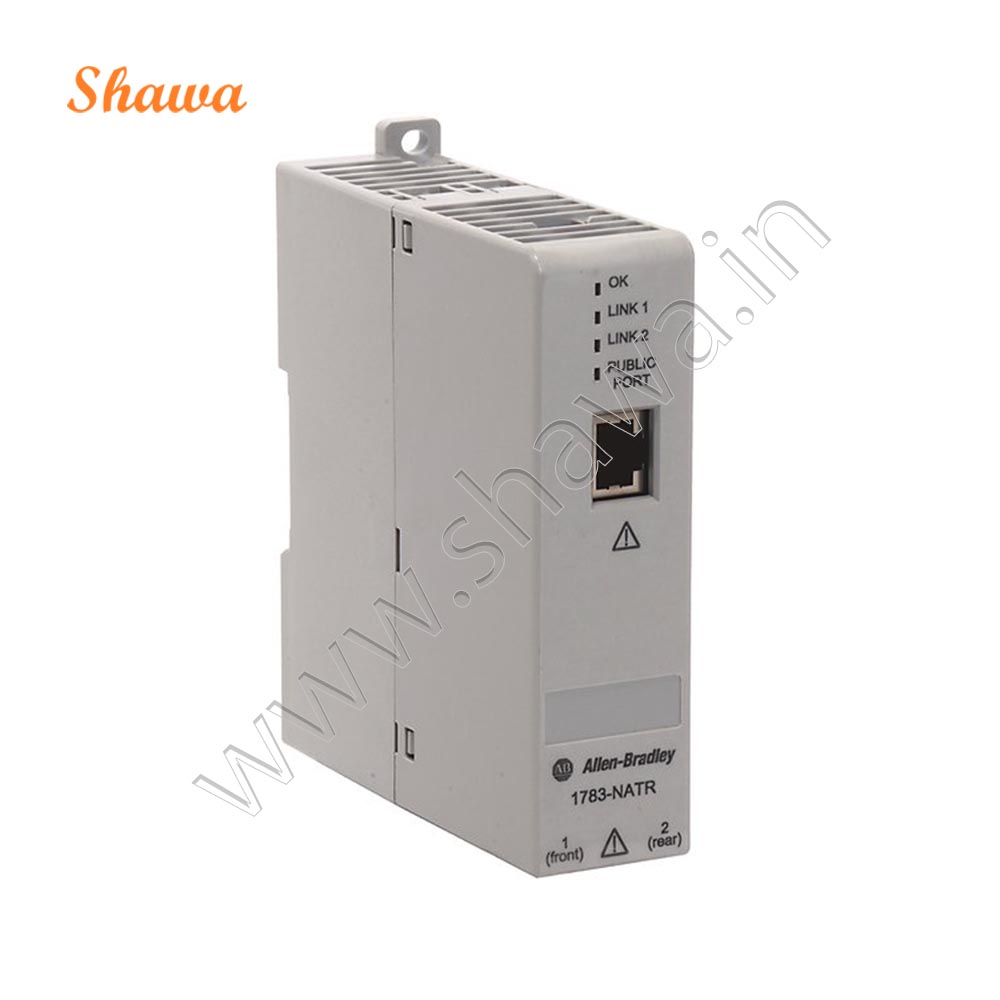
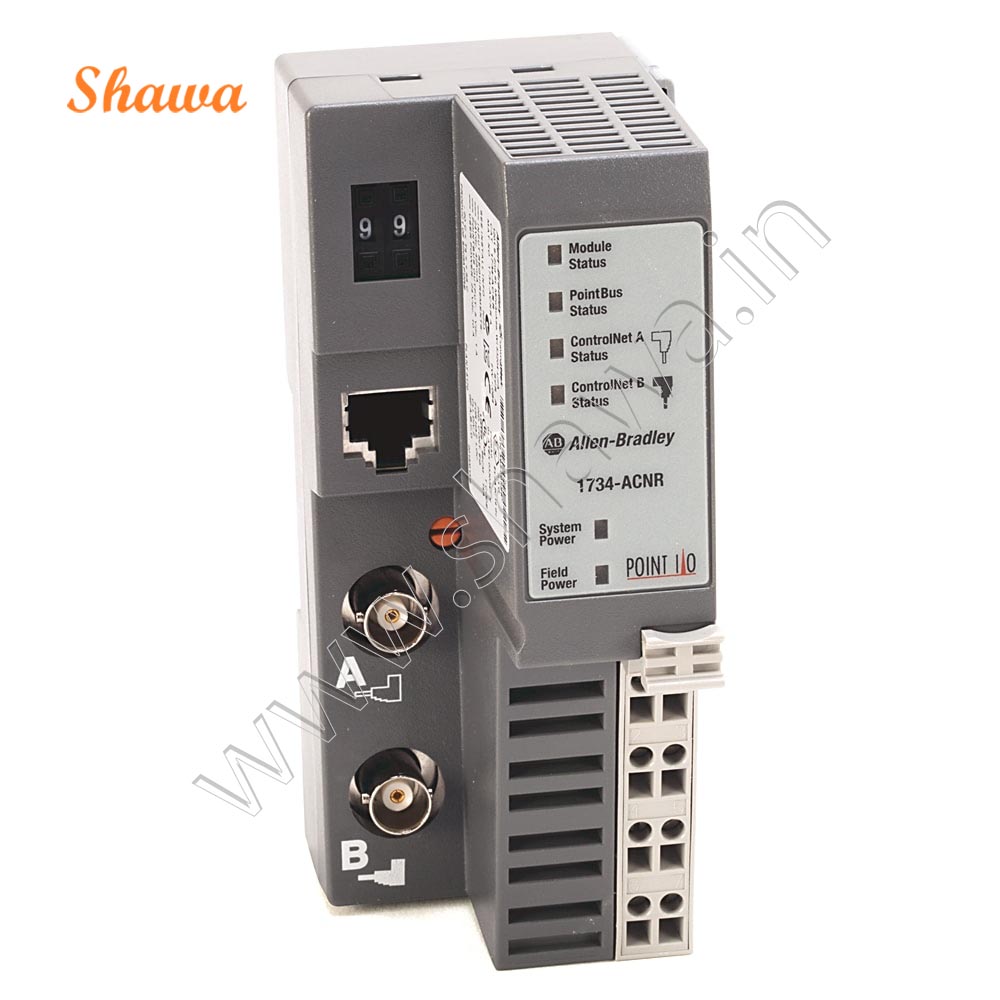
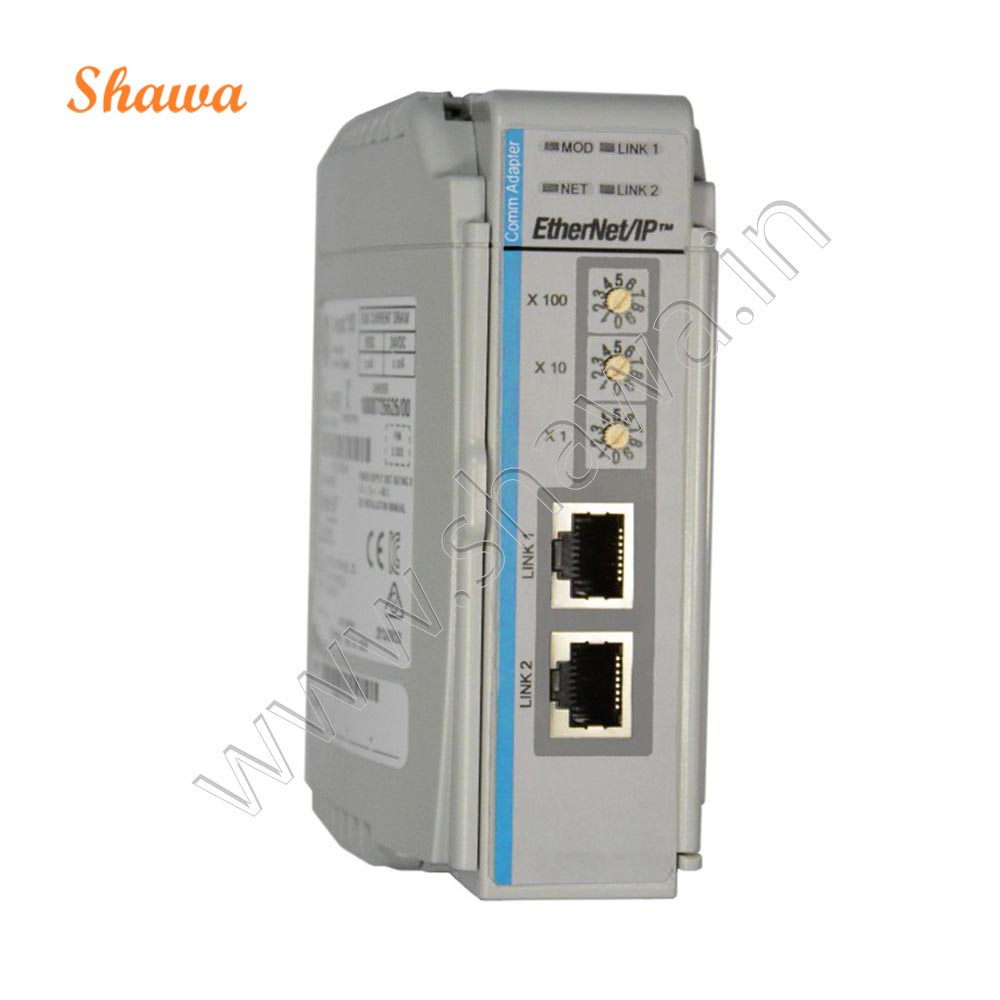
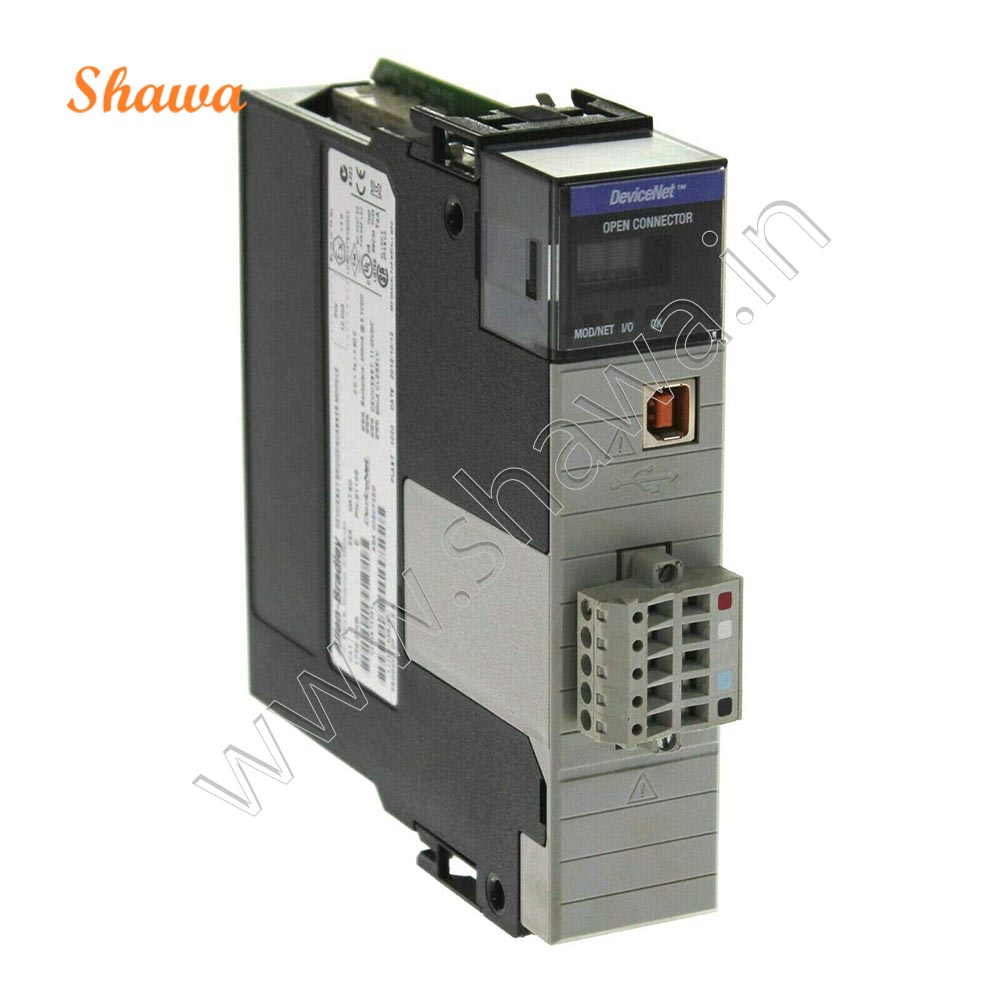
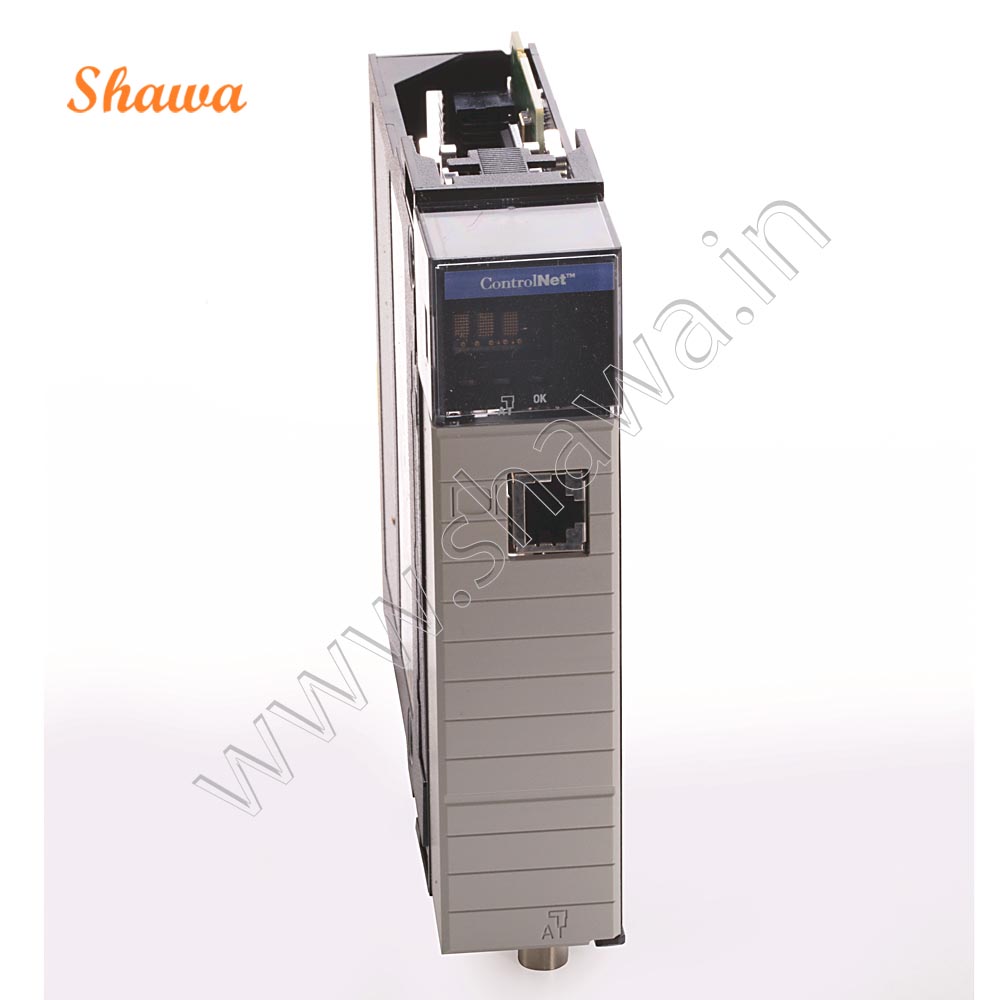
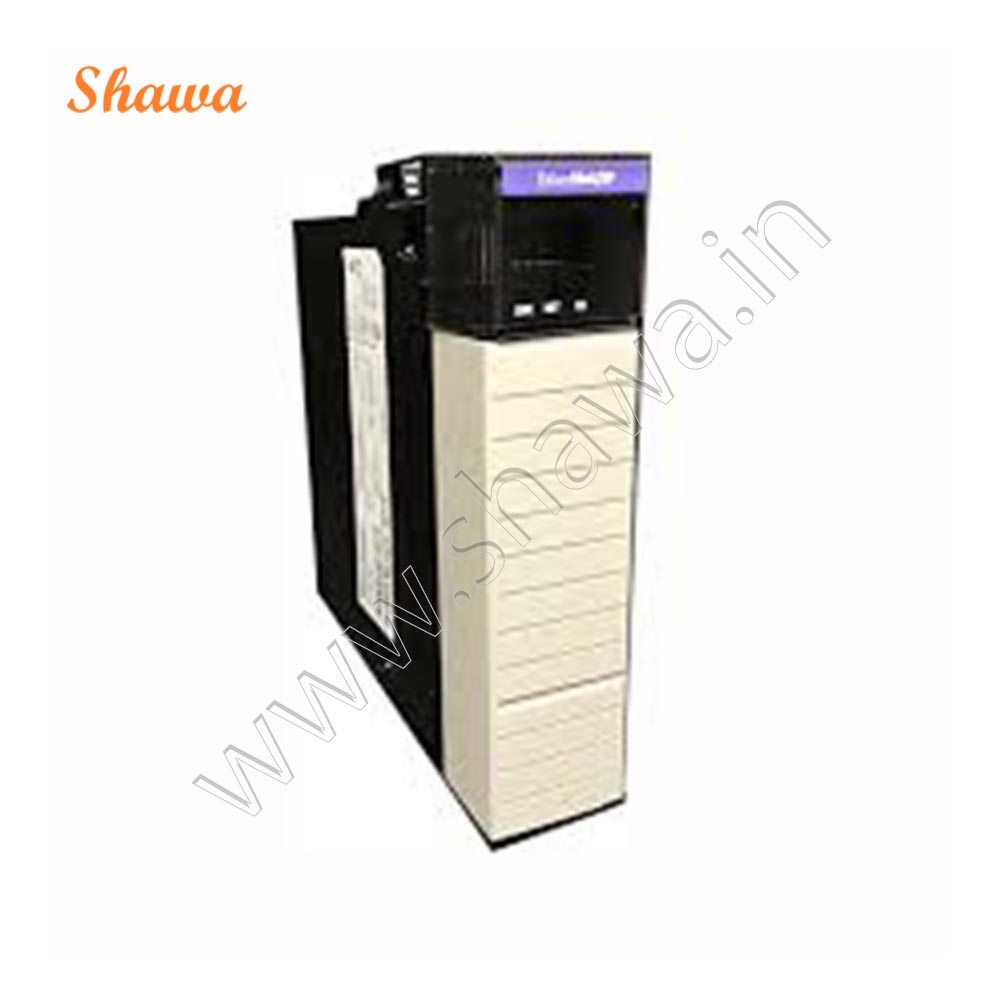
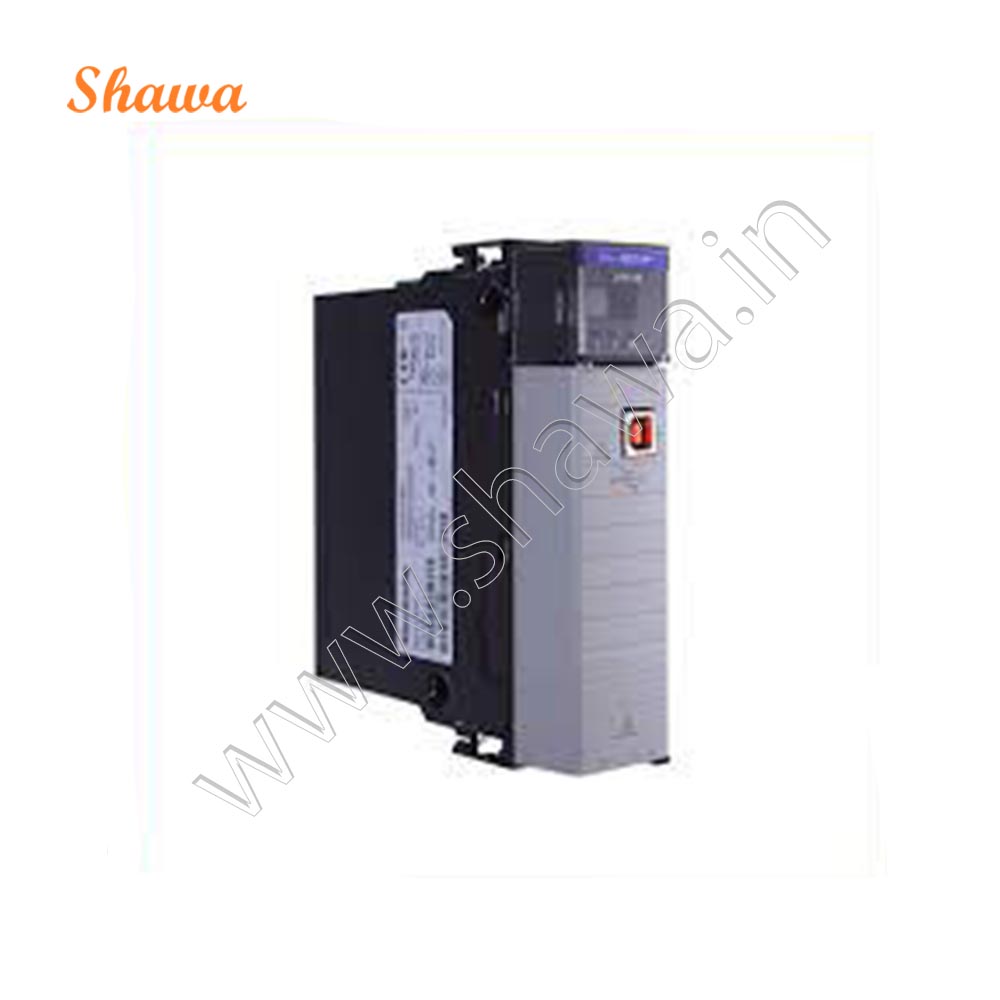
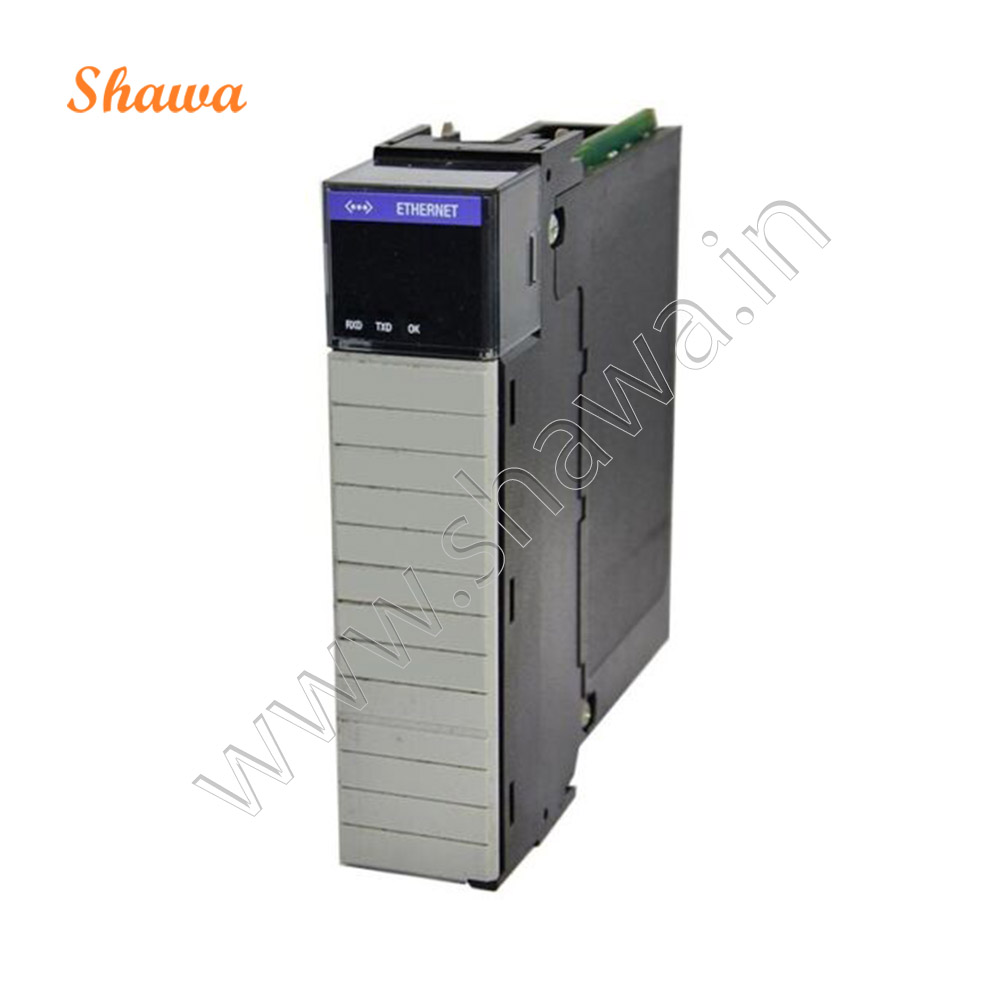
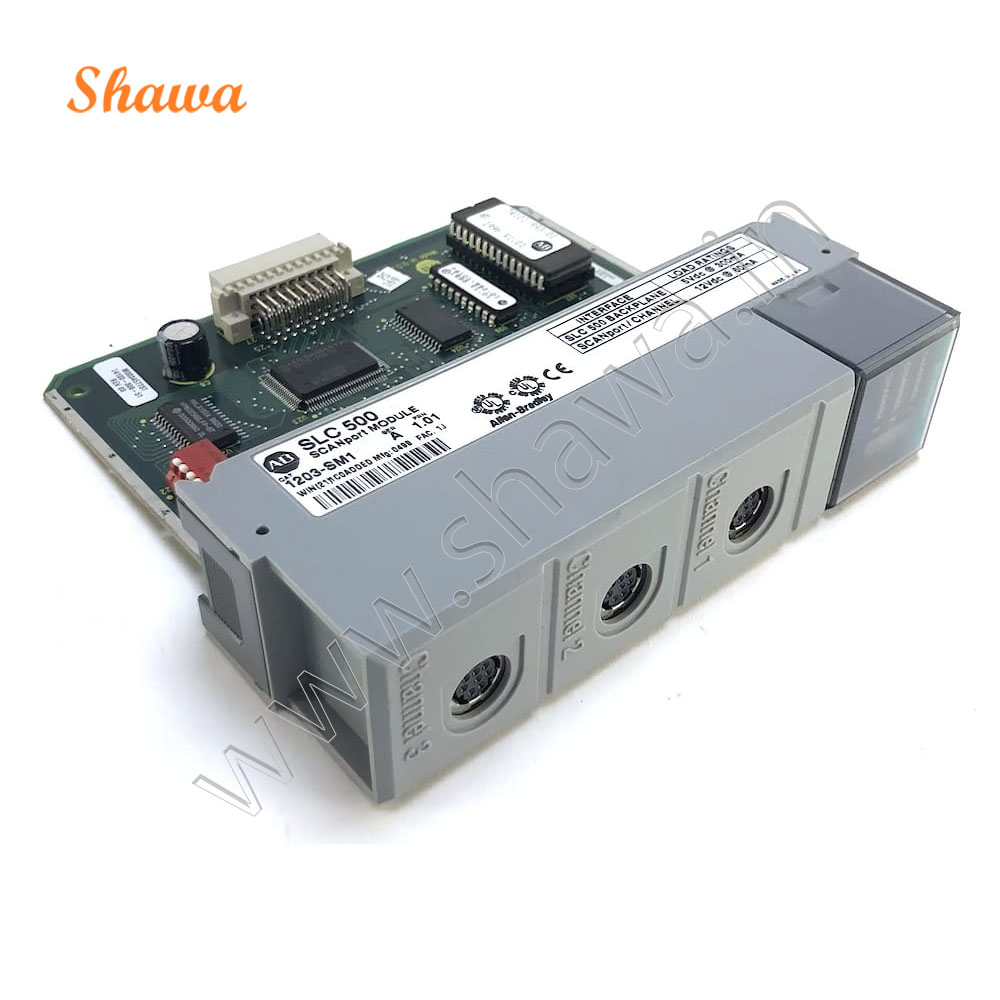
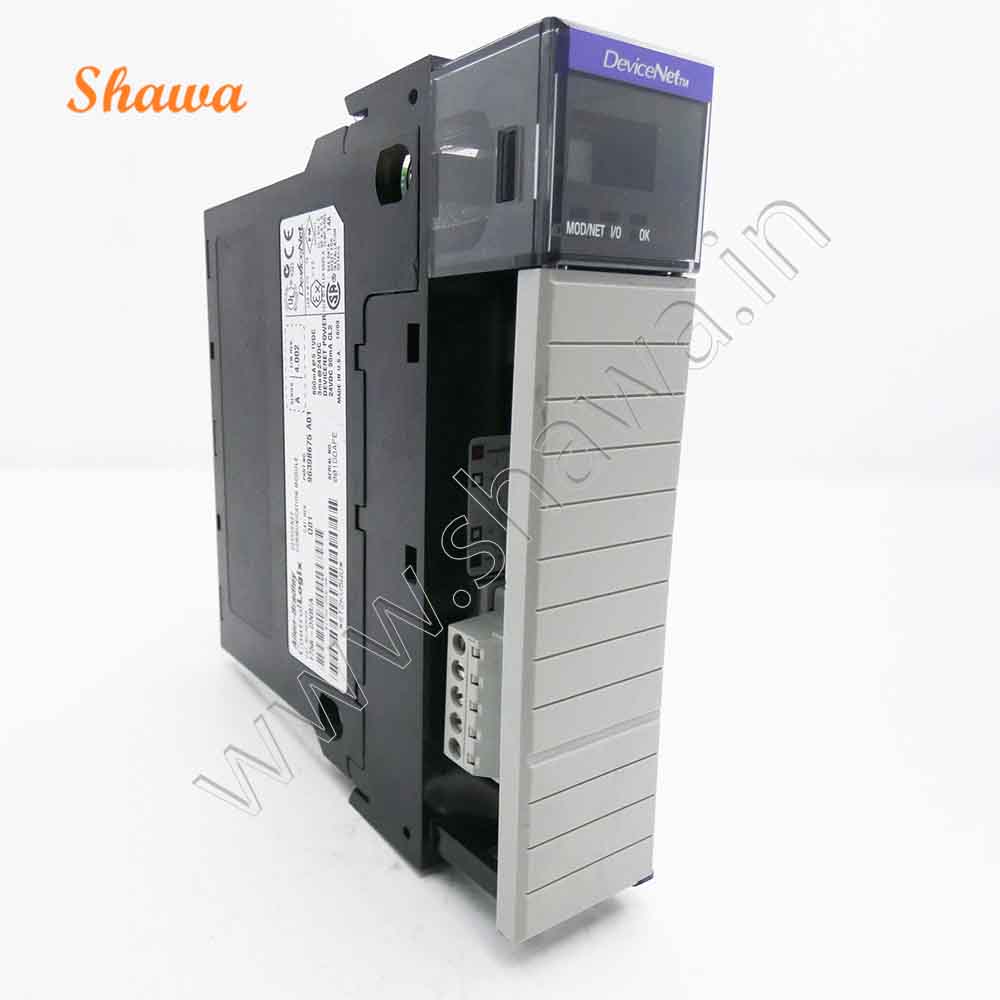
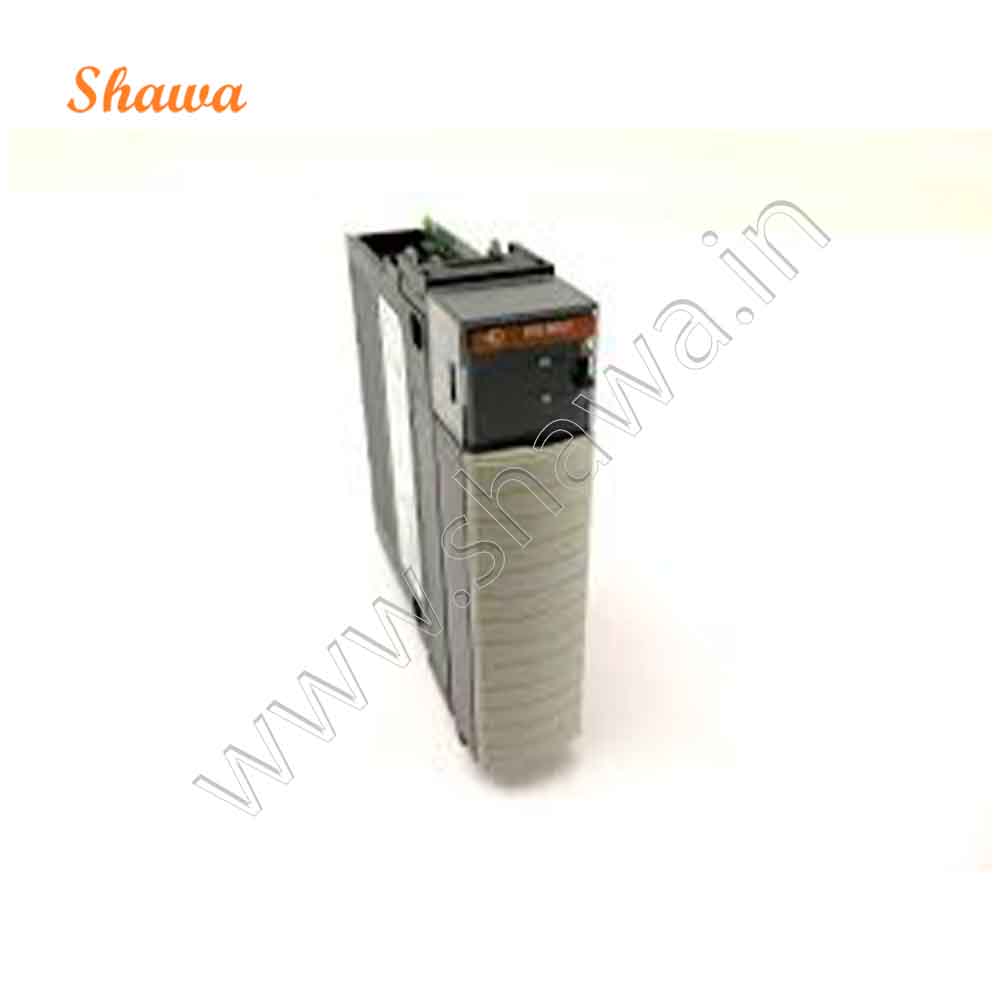
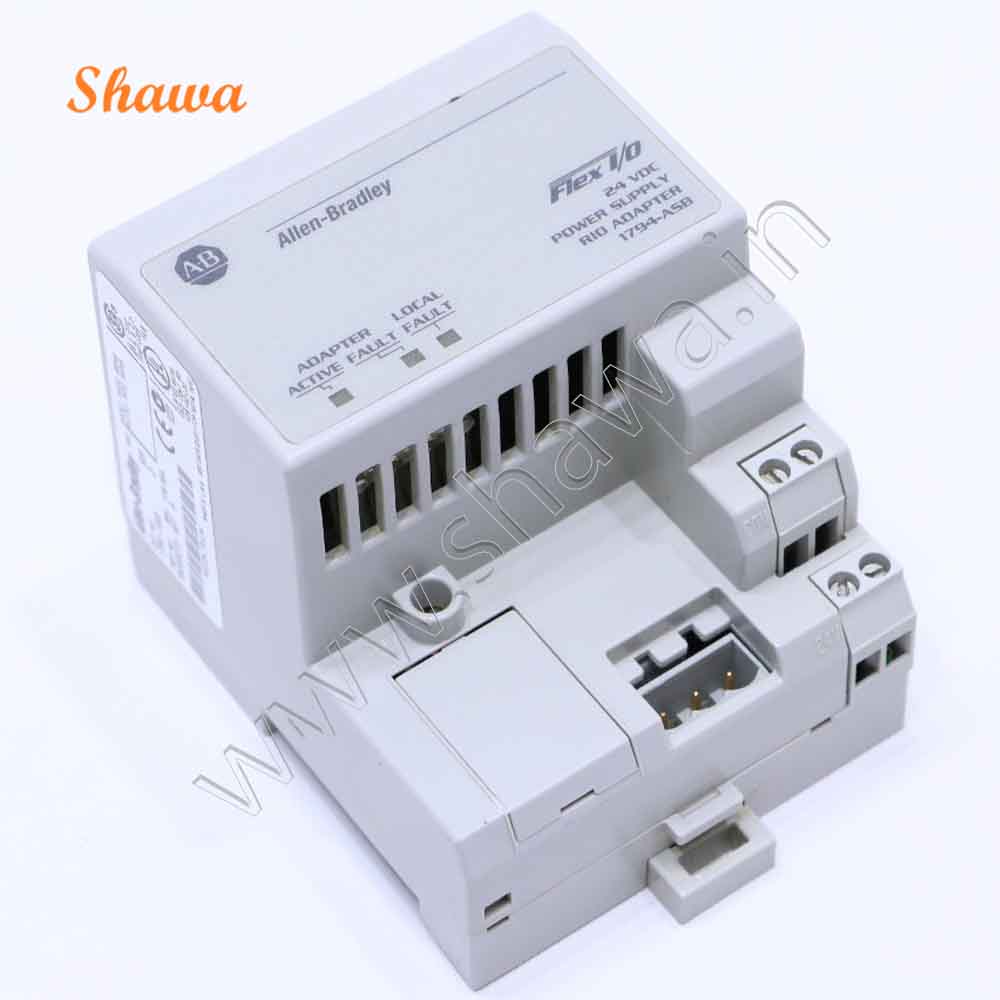
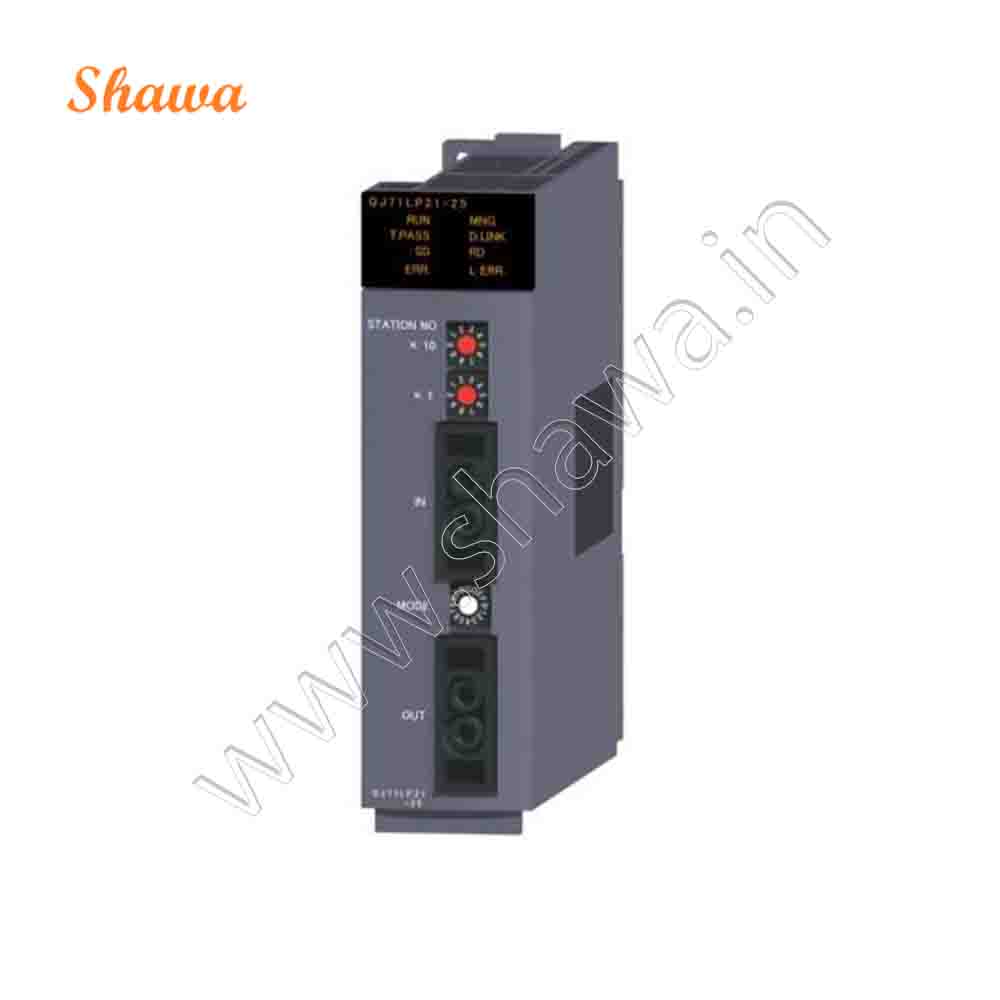
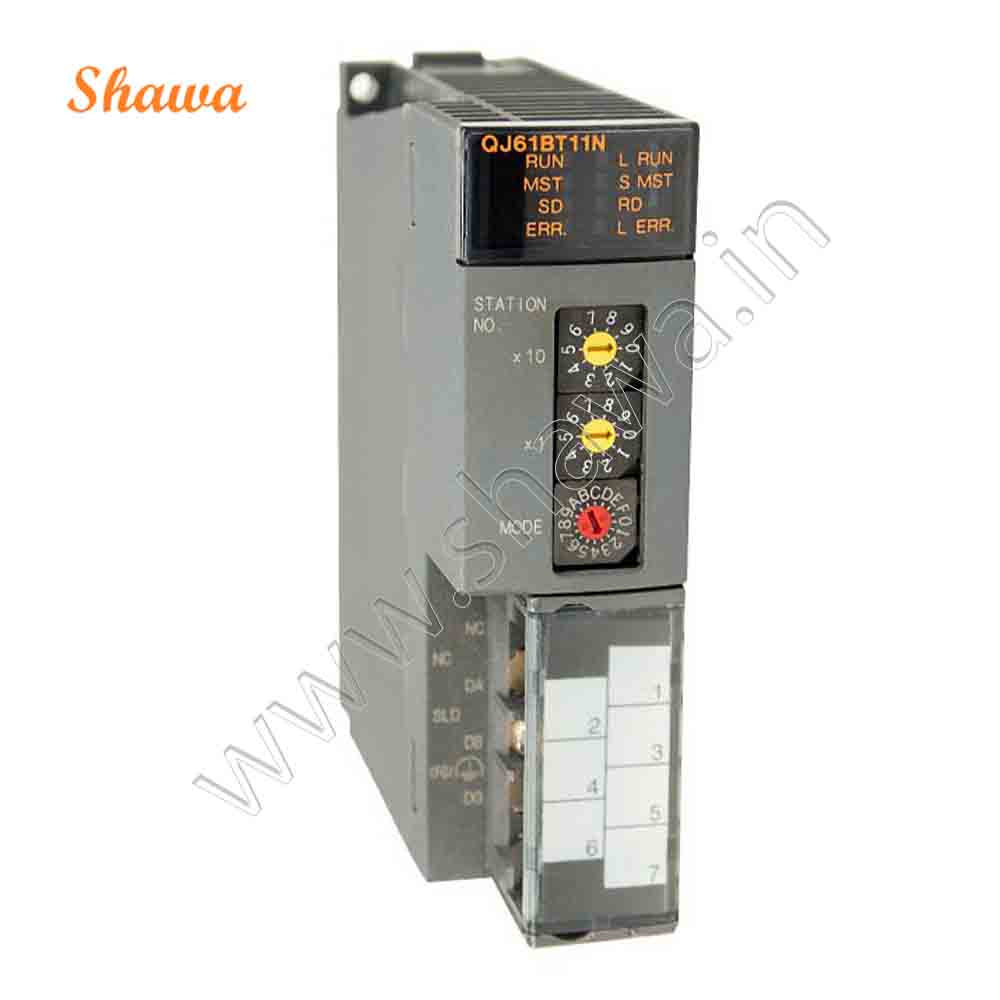
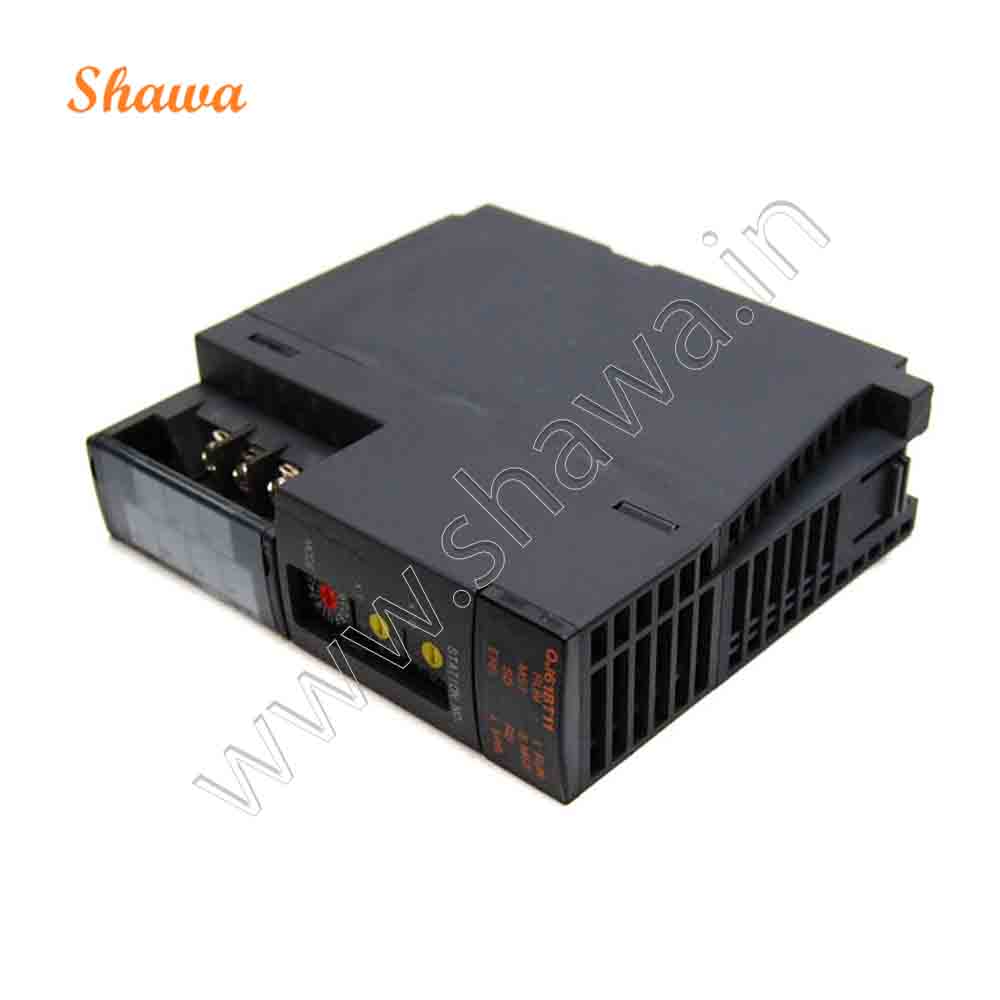
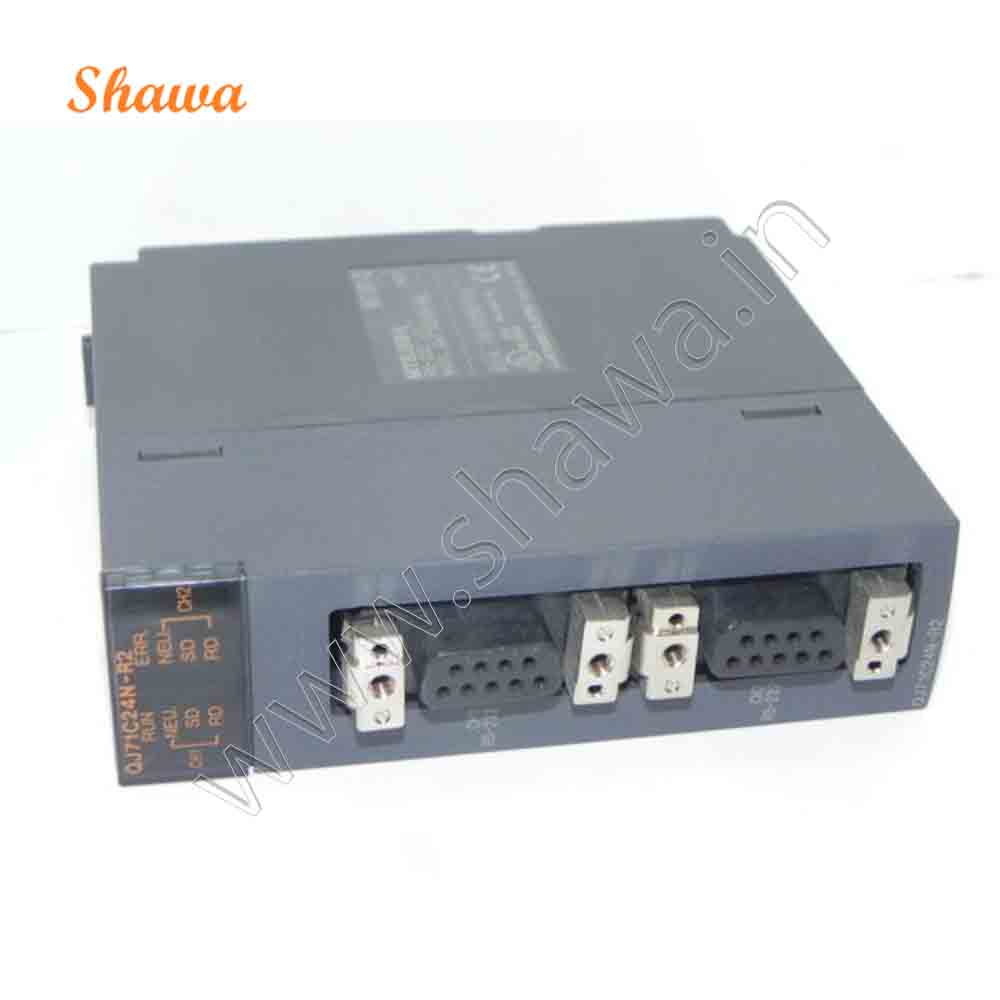
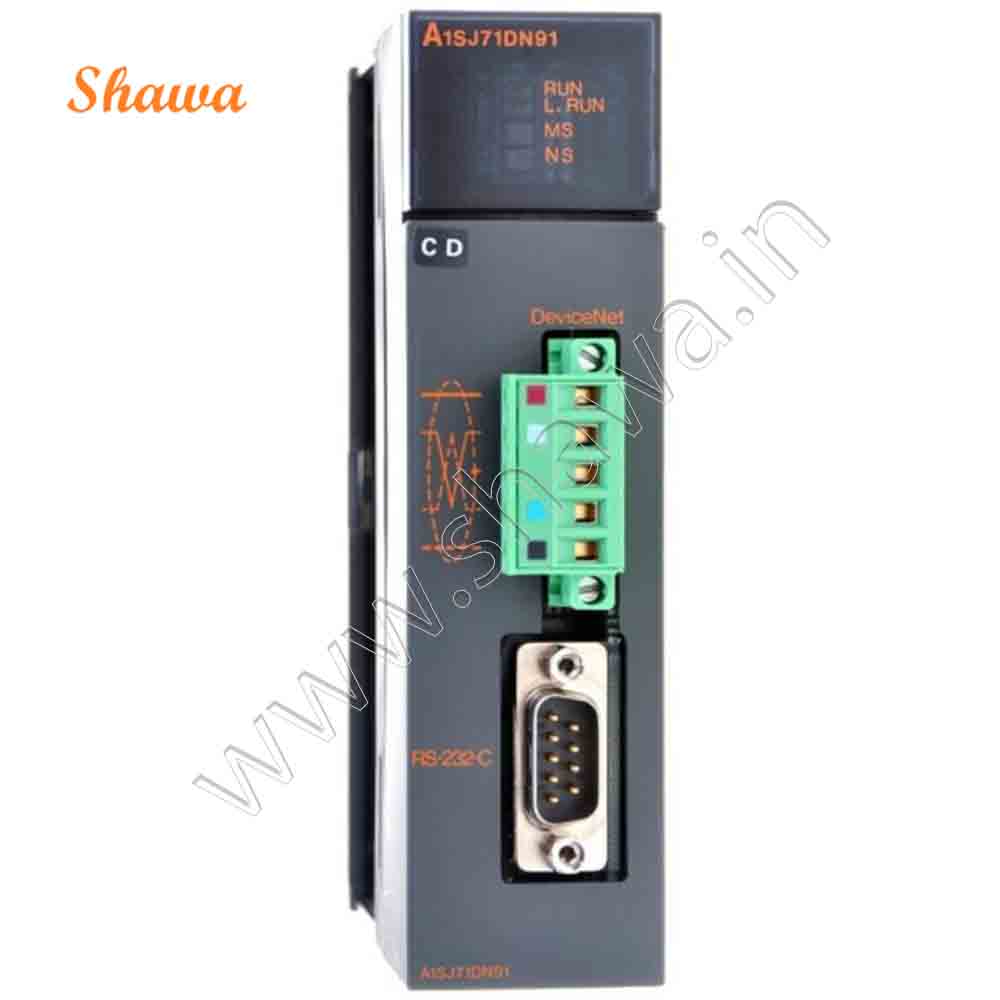
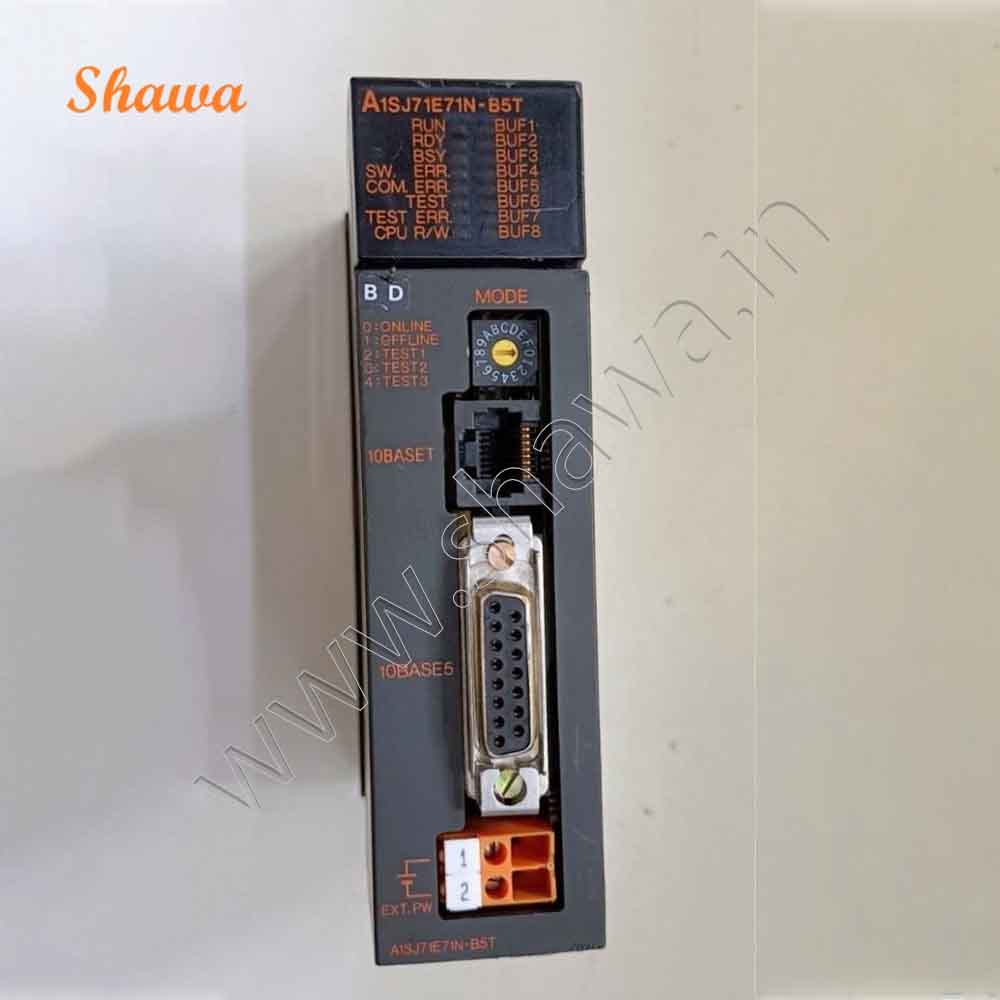
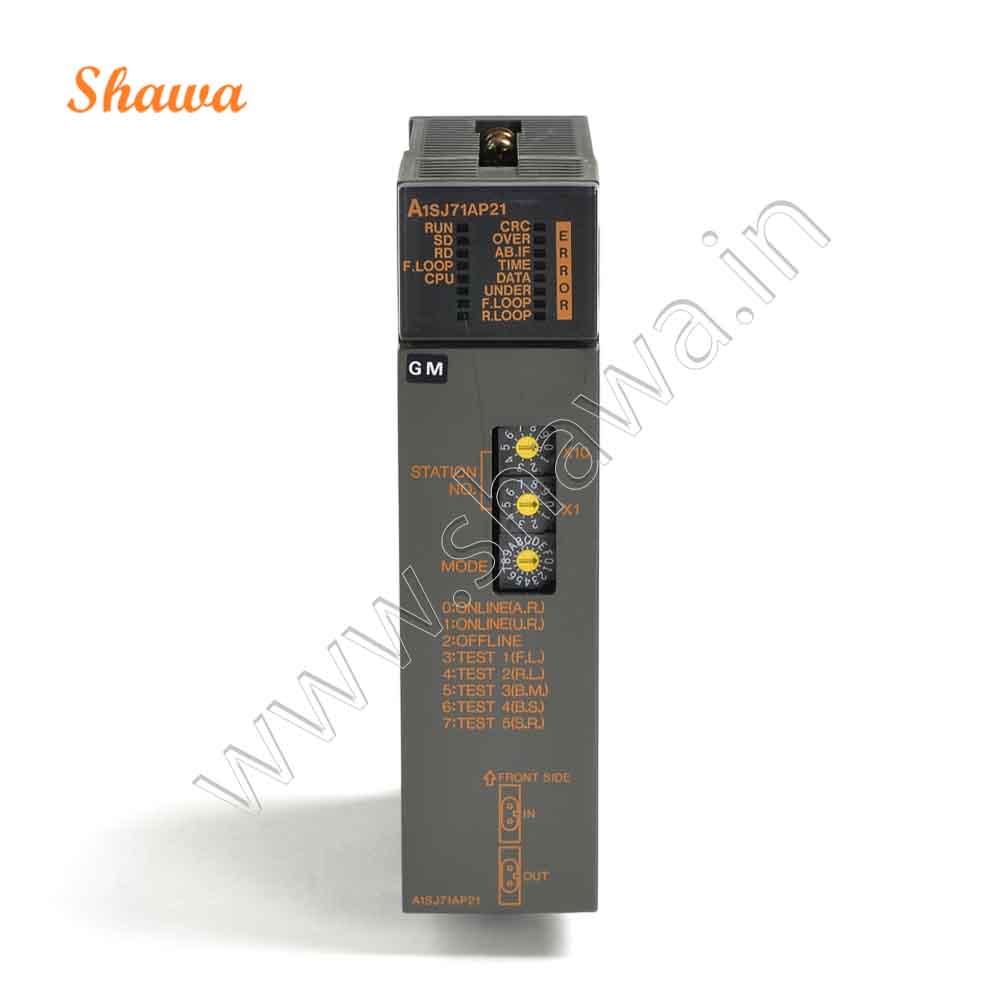
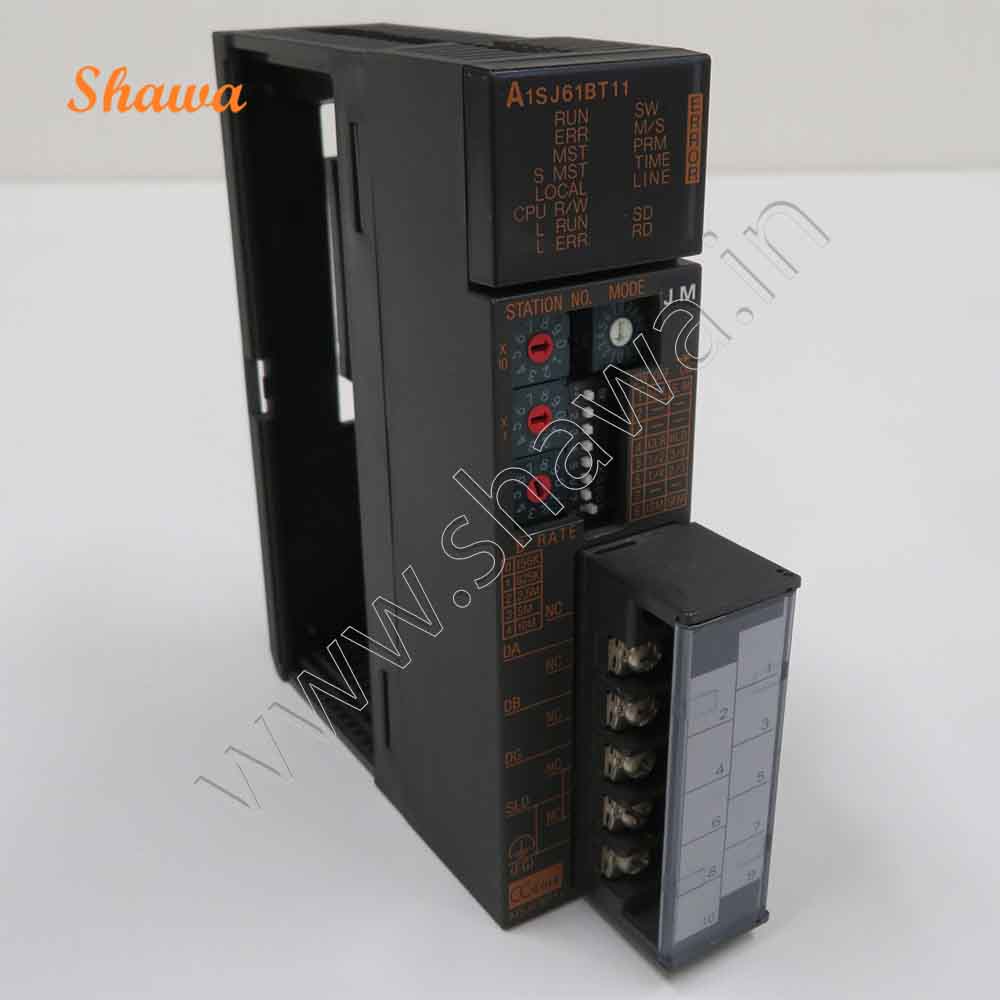
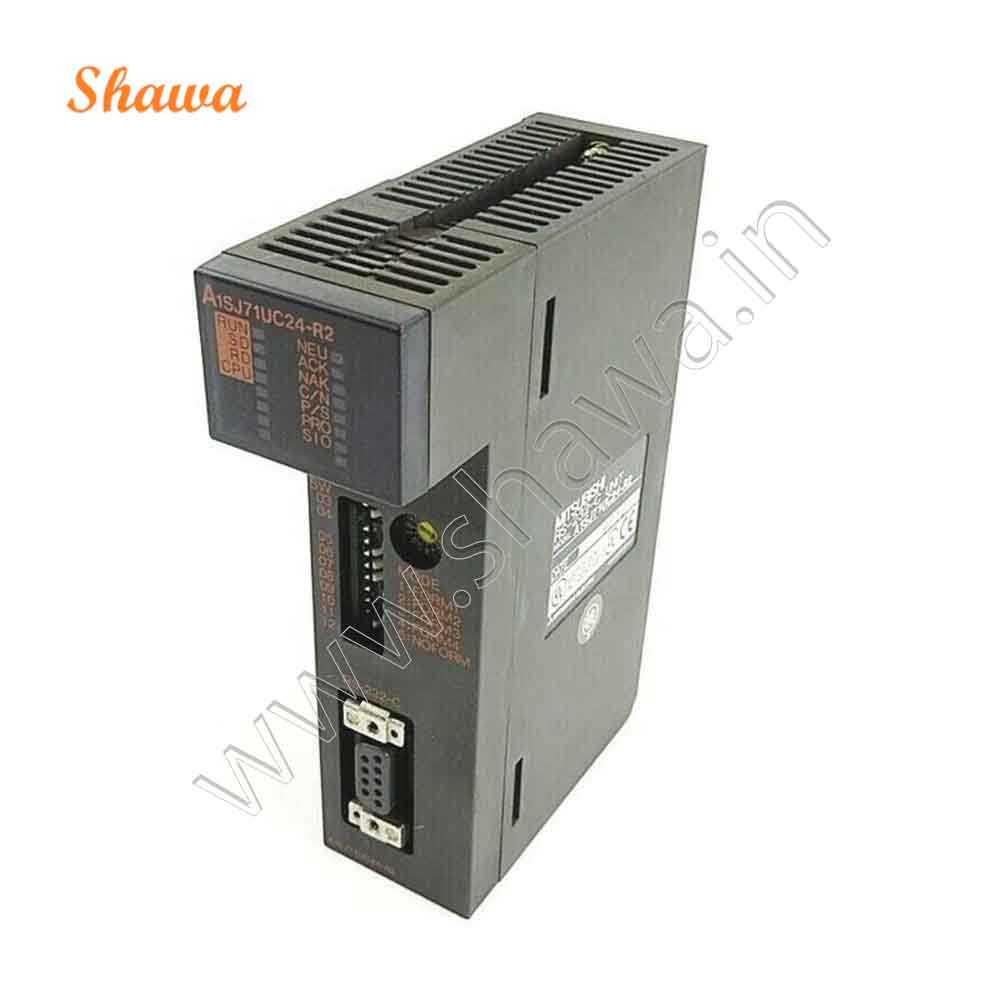
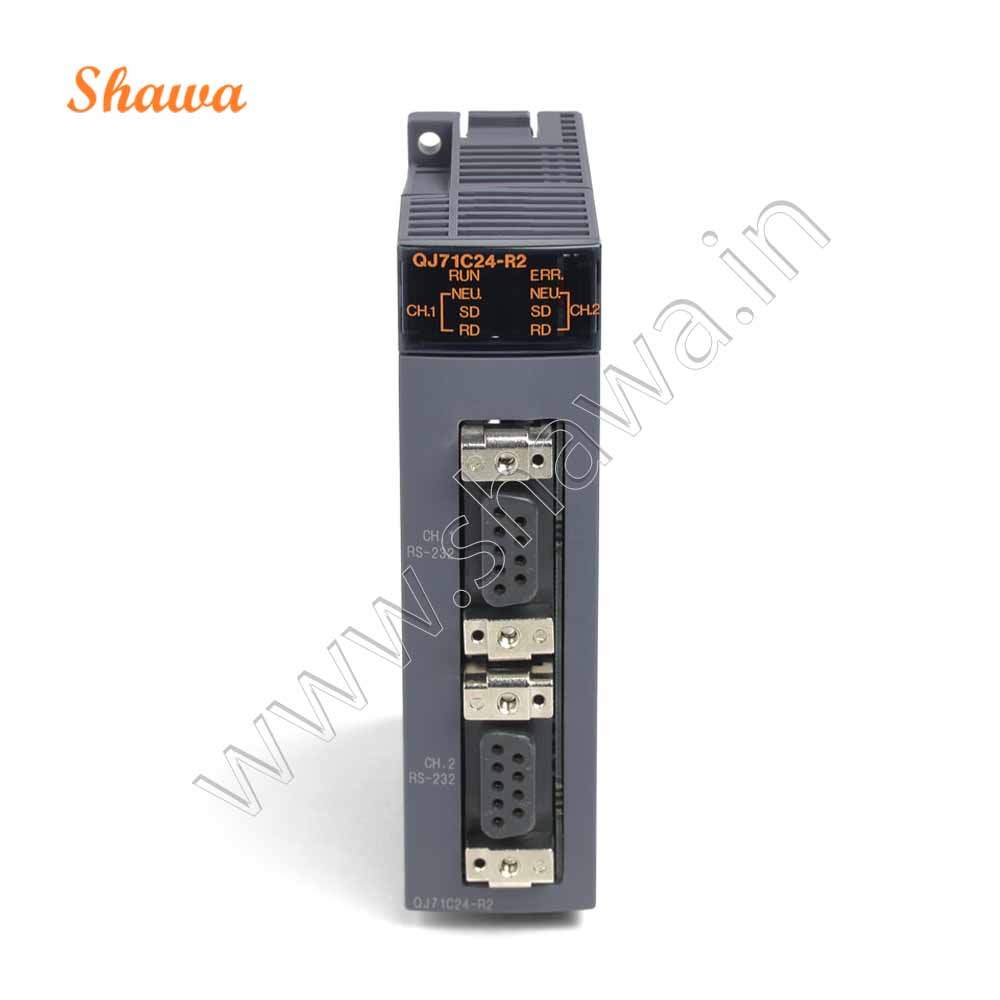
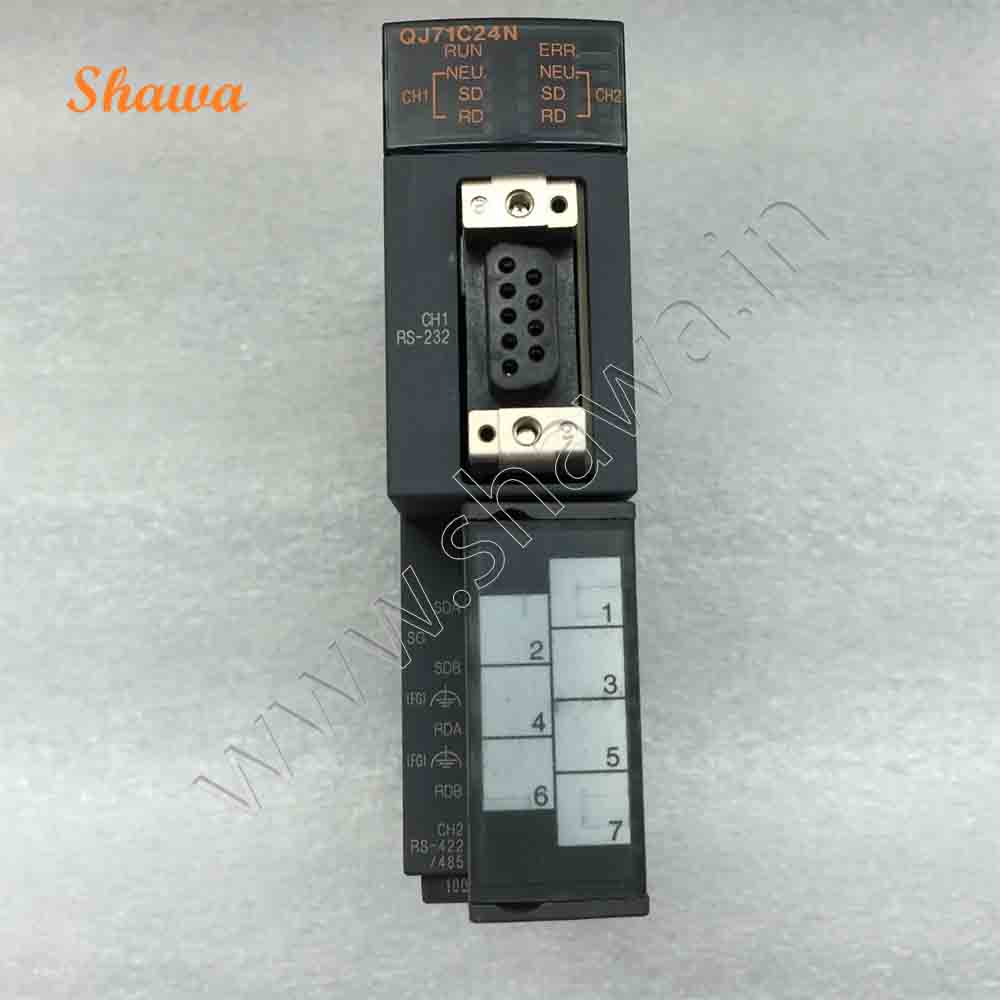
 +91-98701 00205
+91-98701 00205